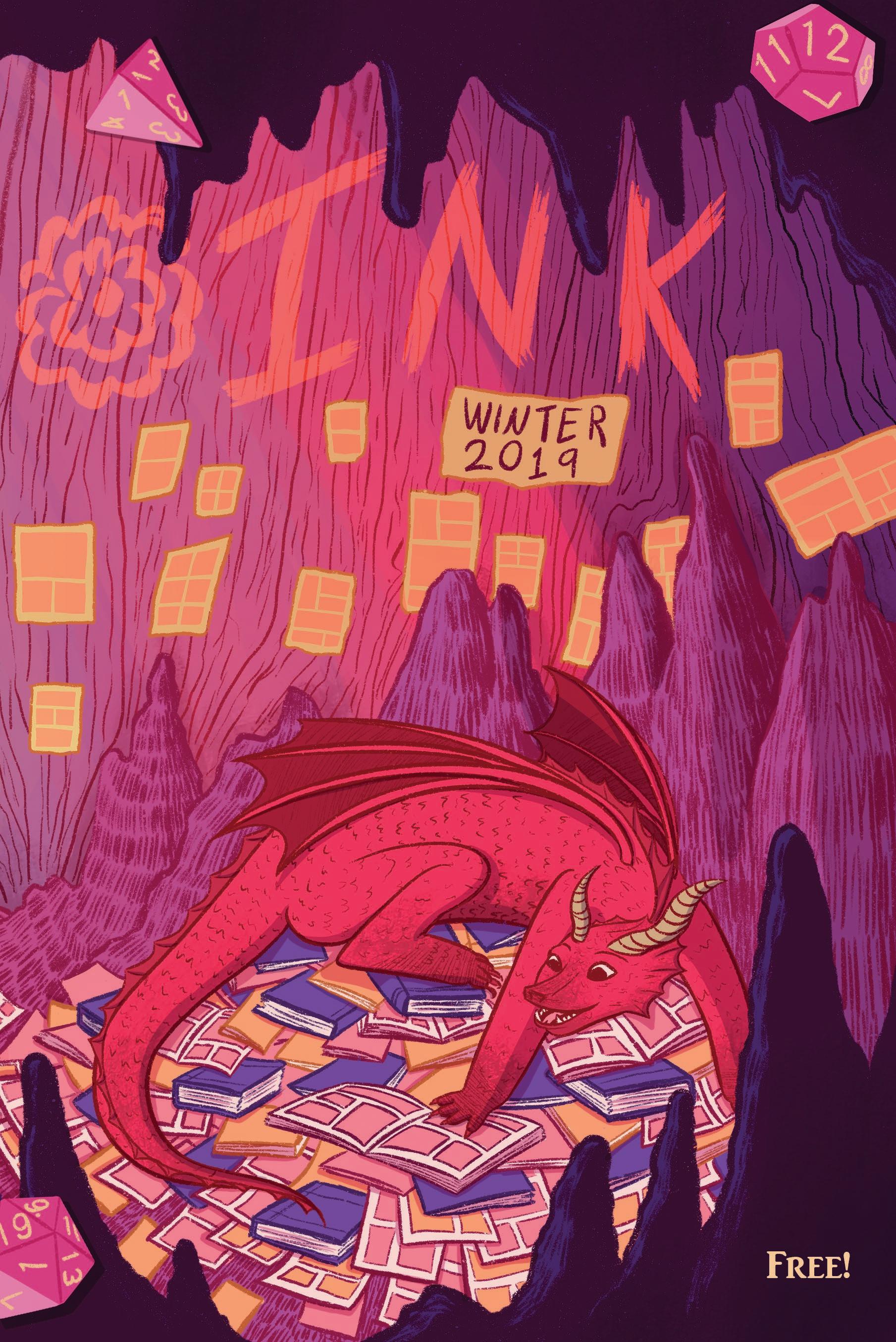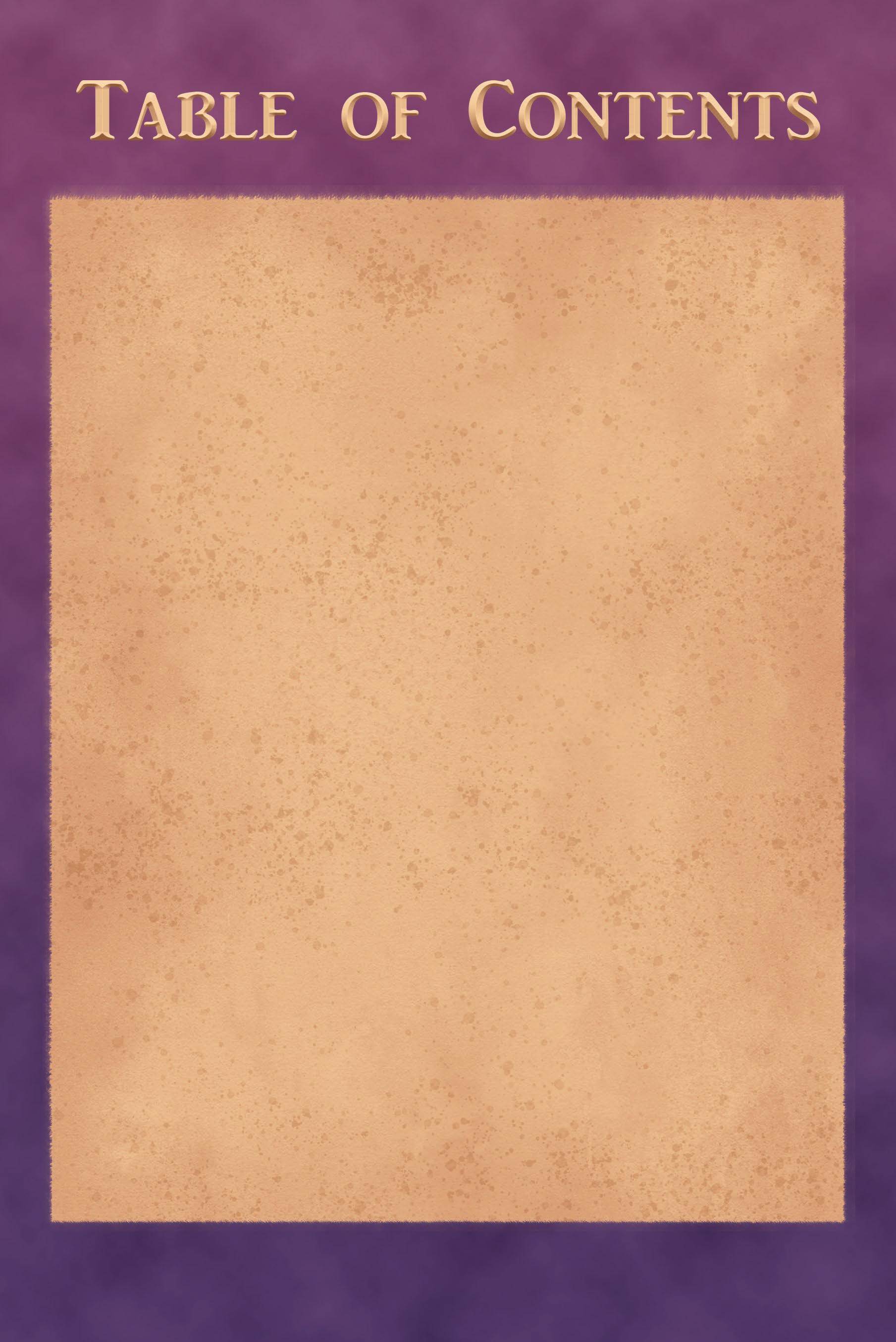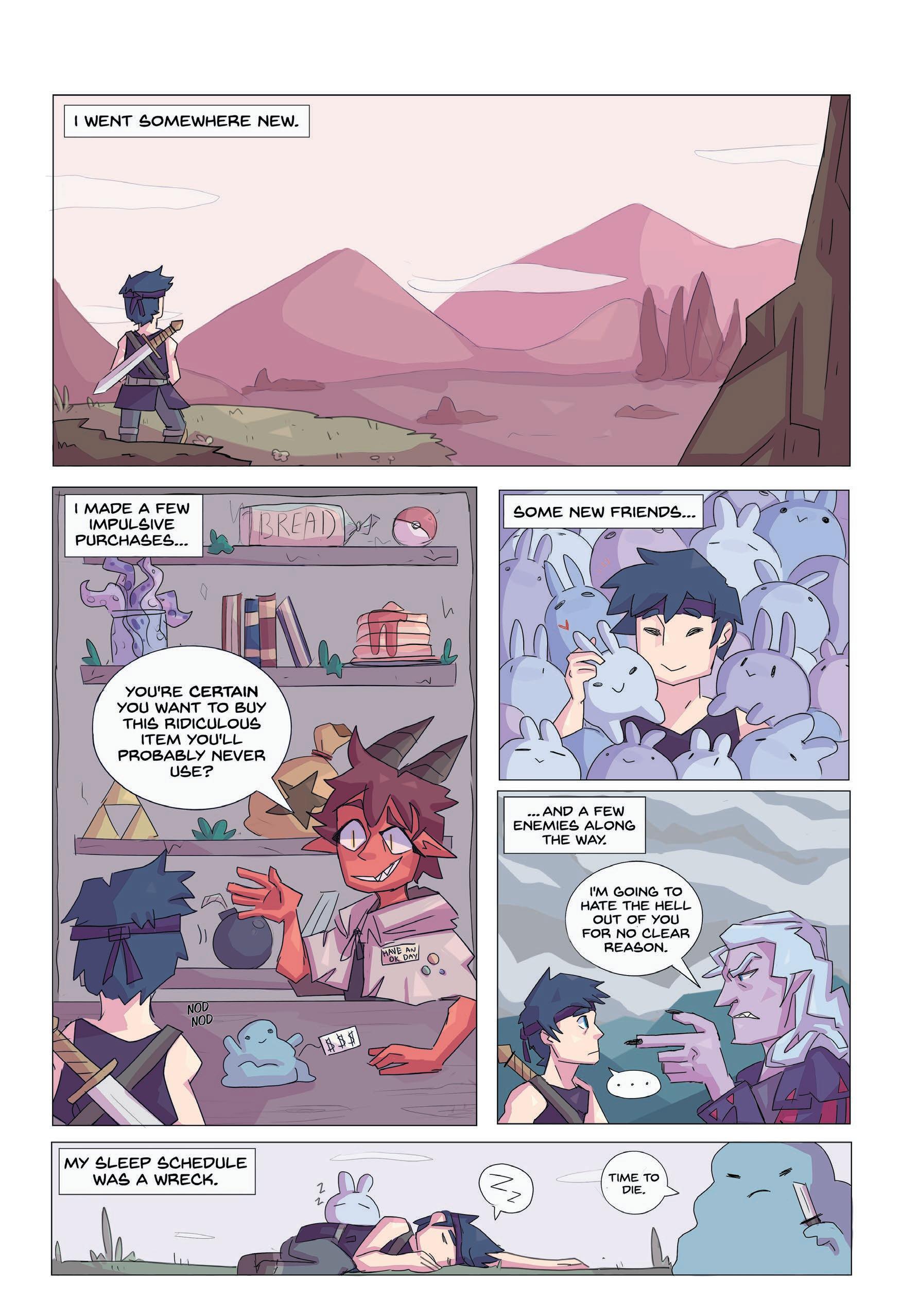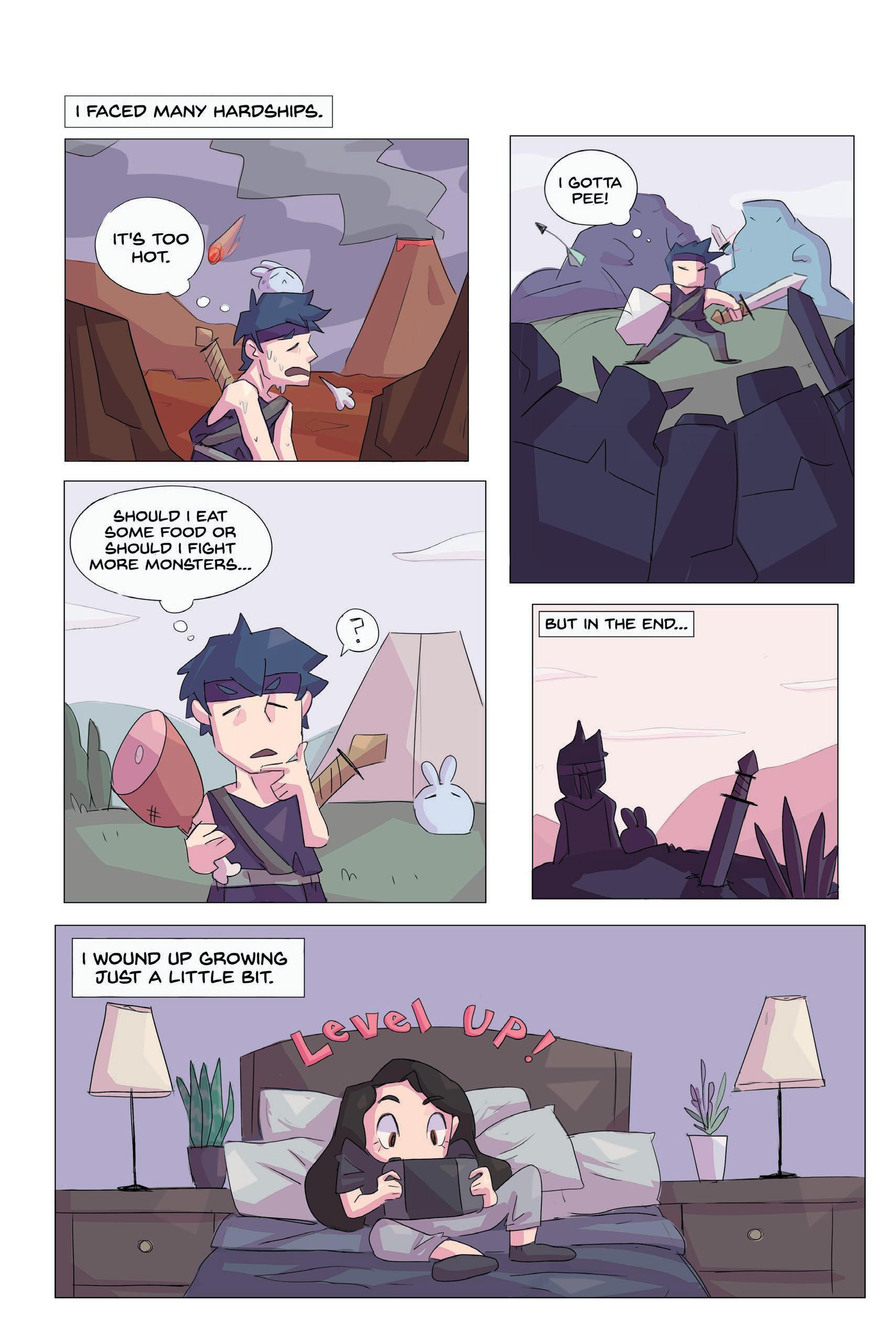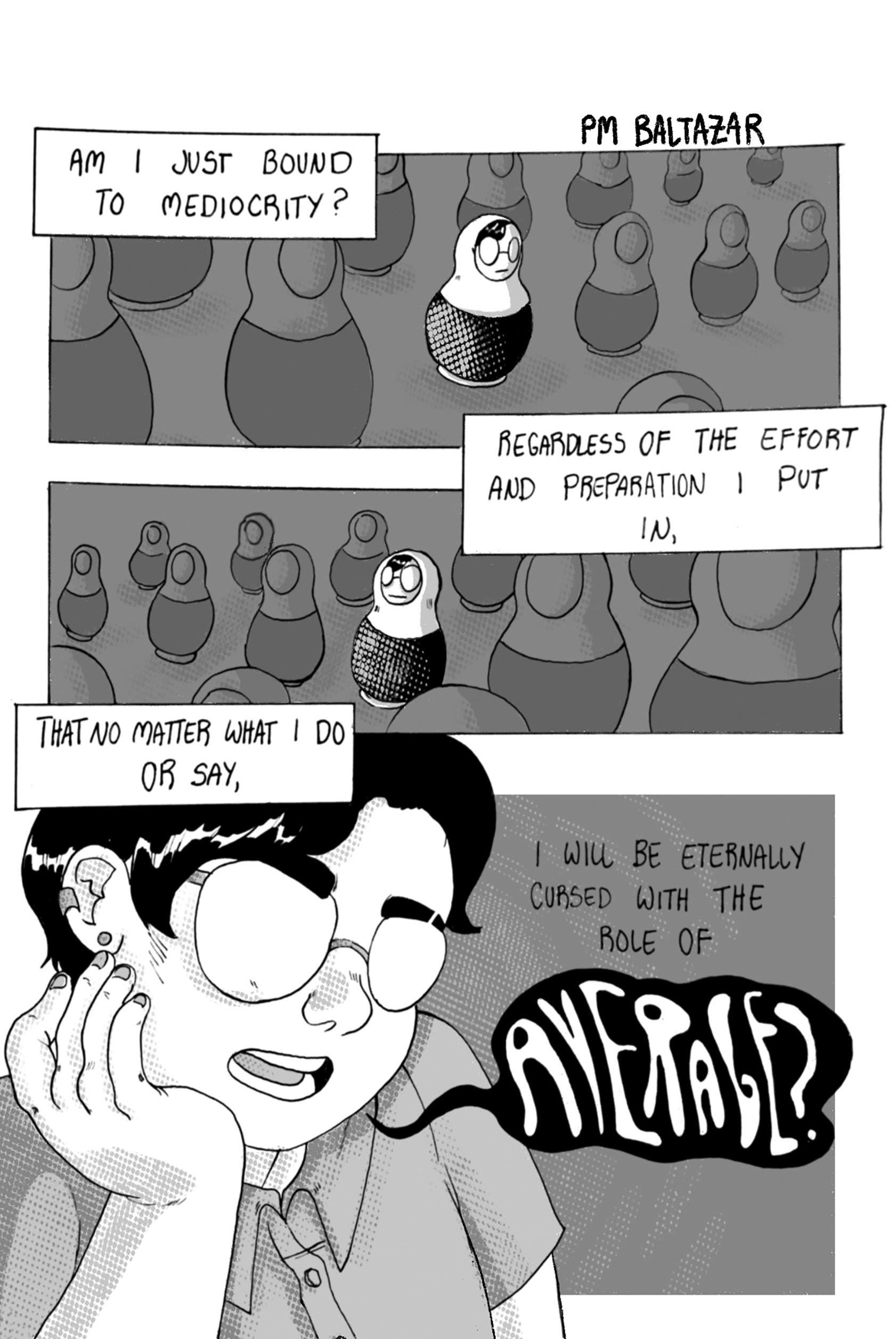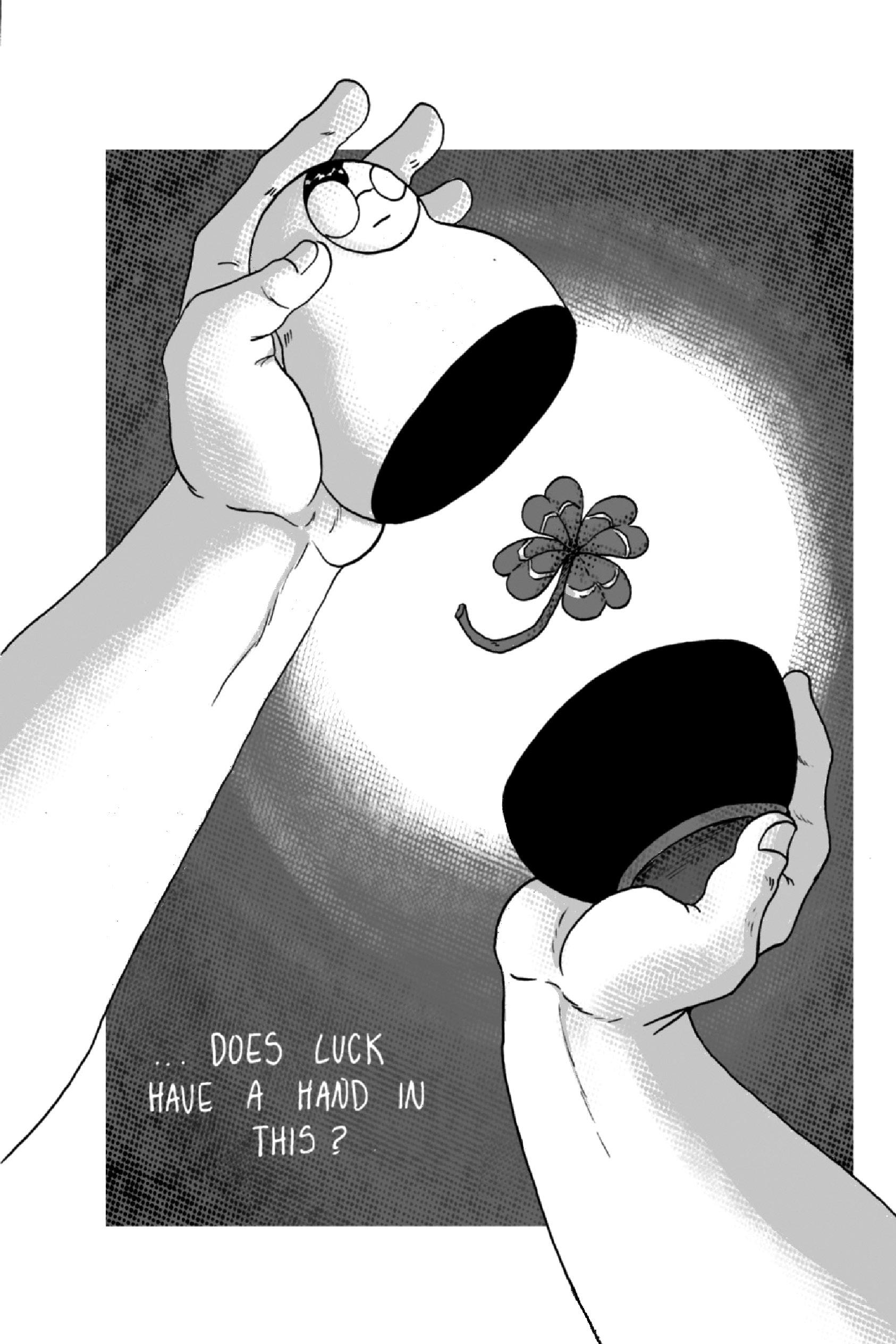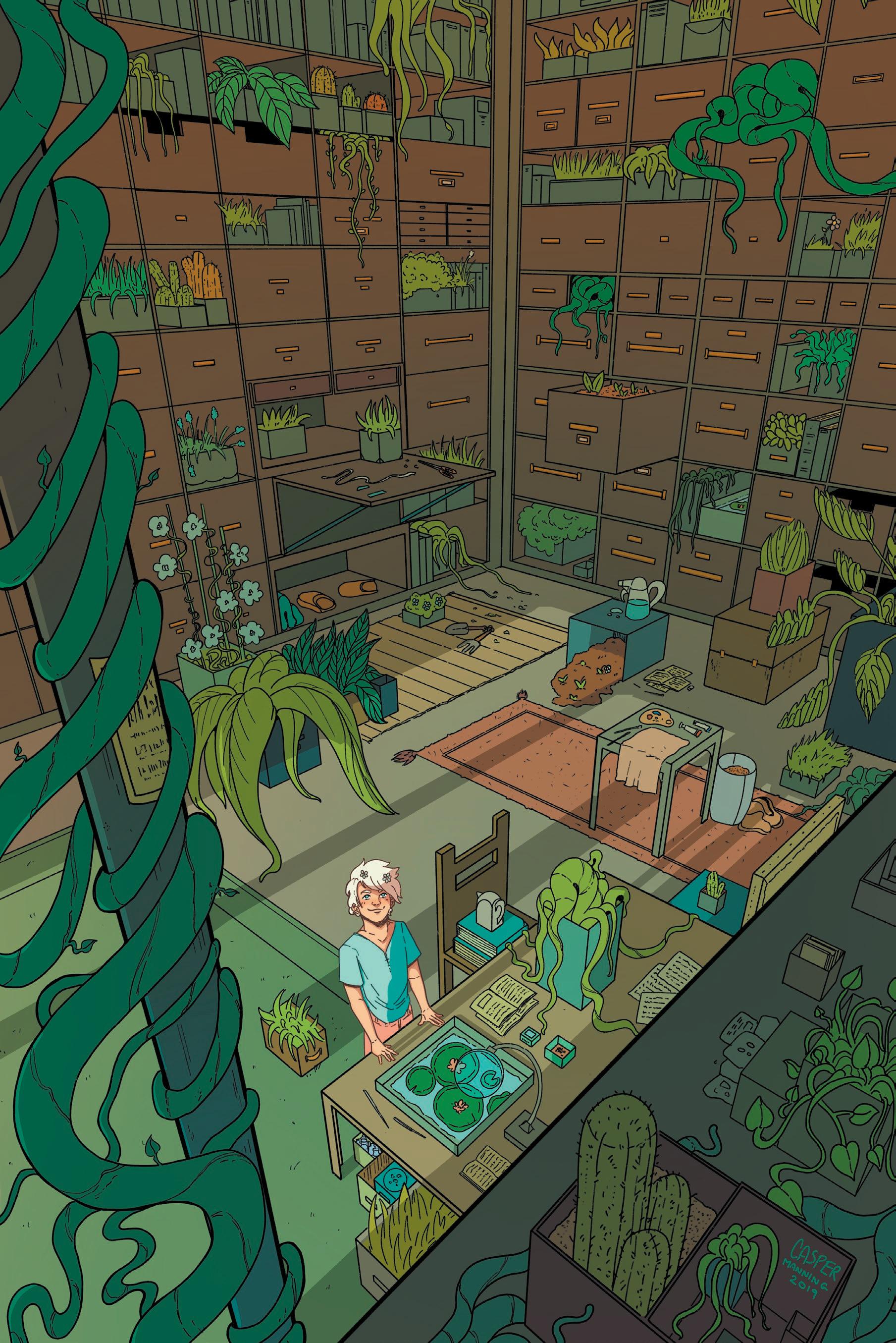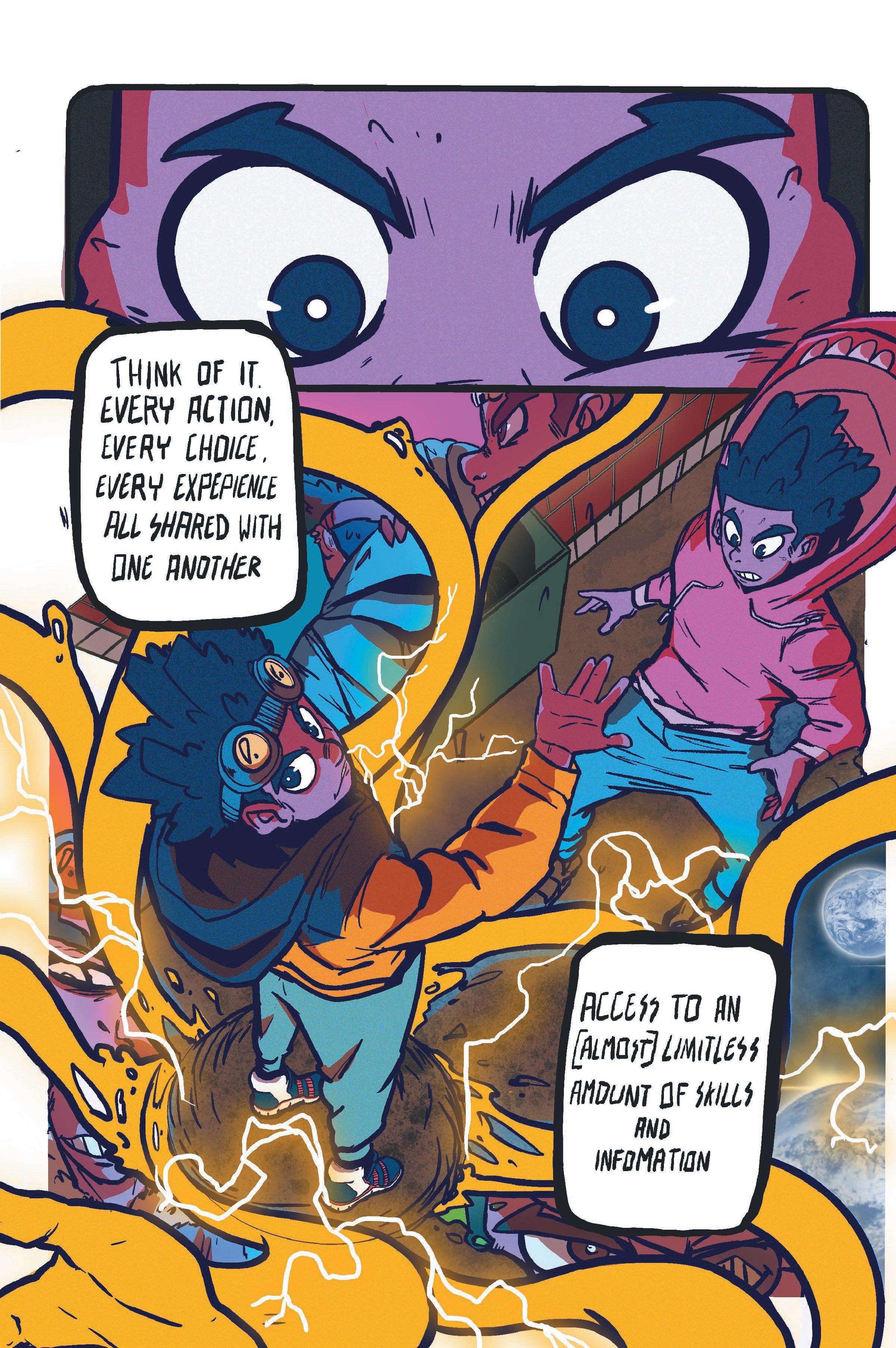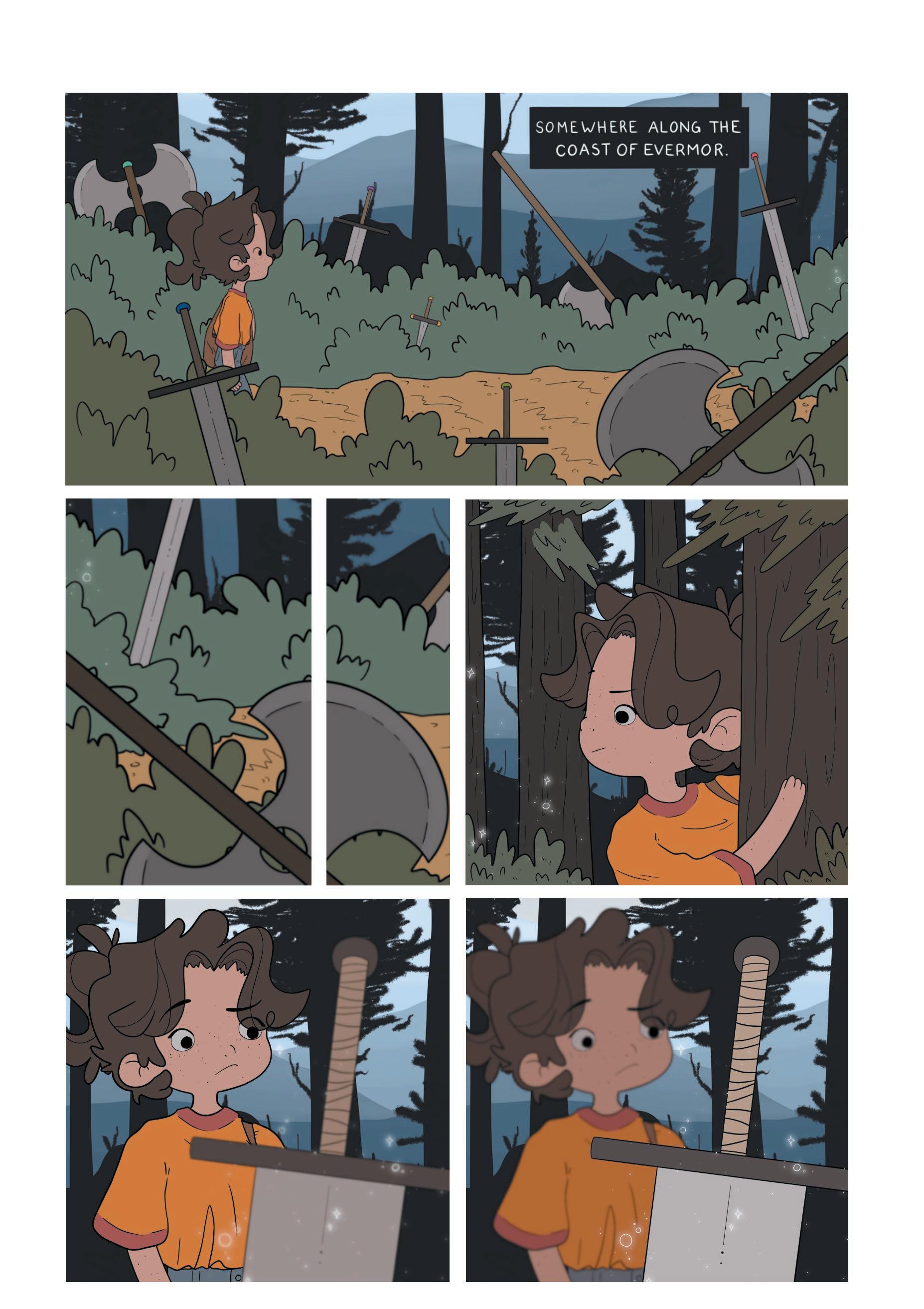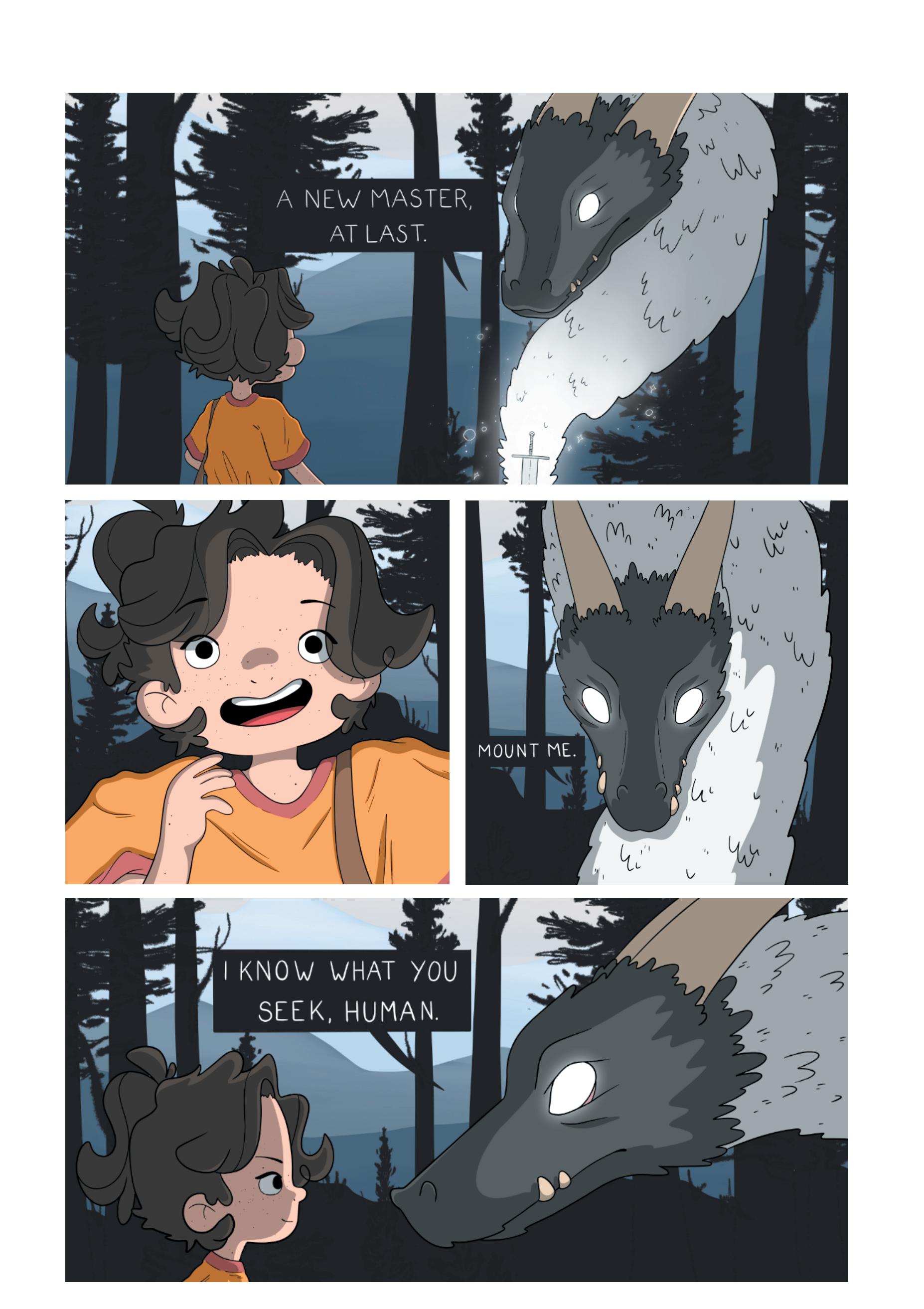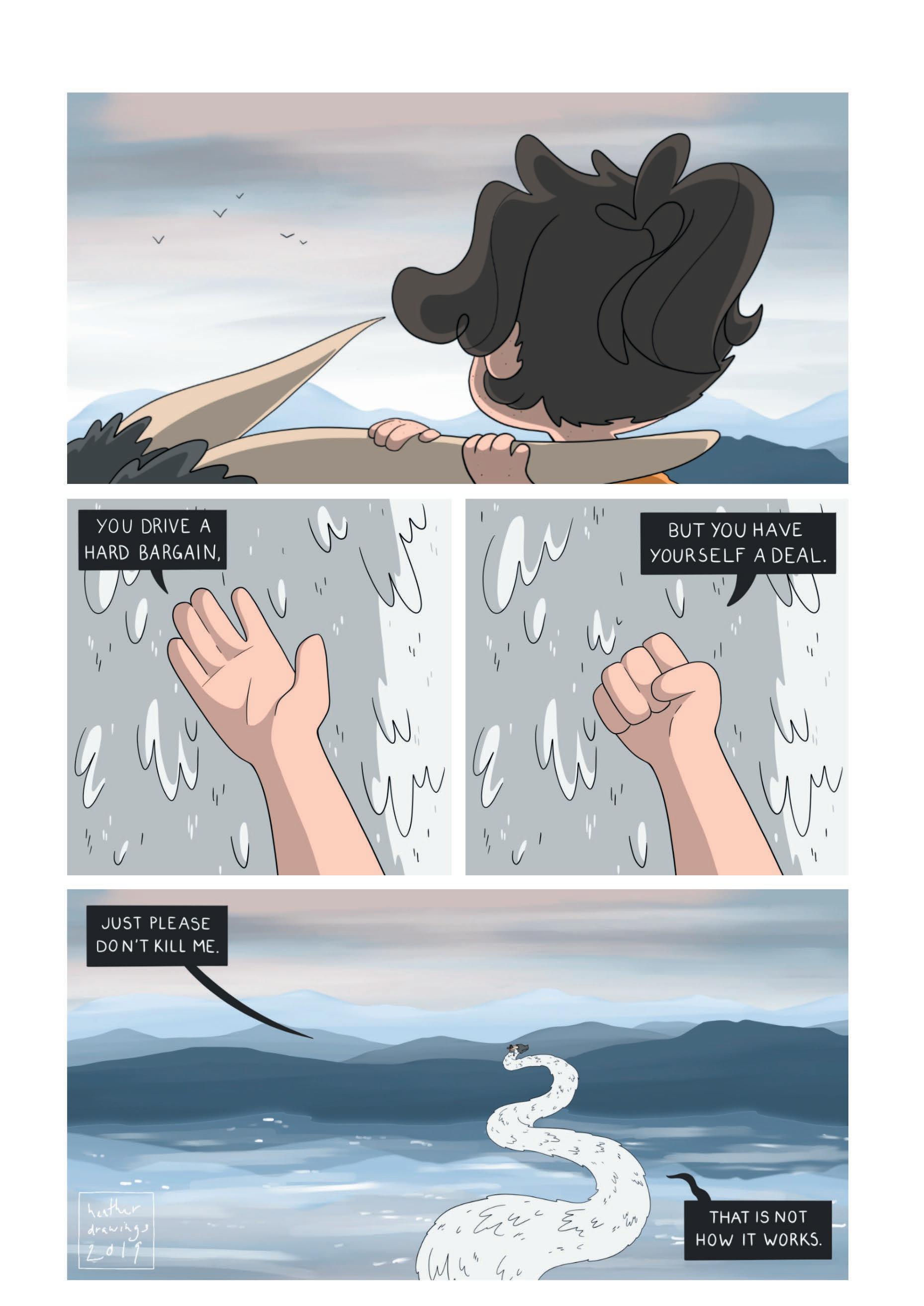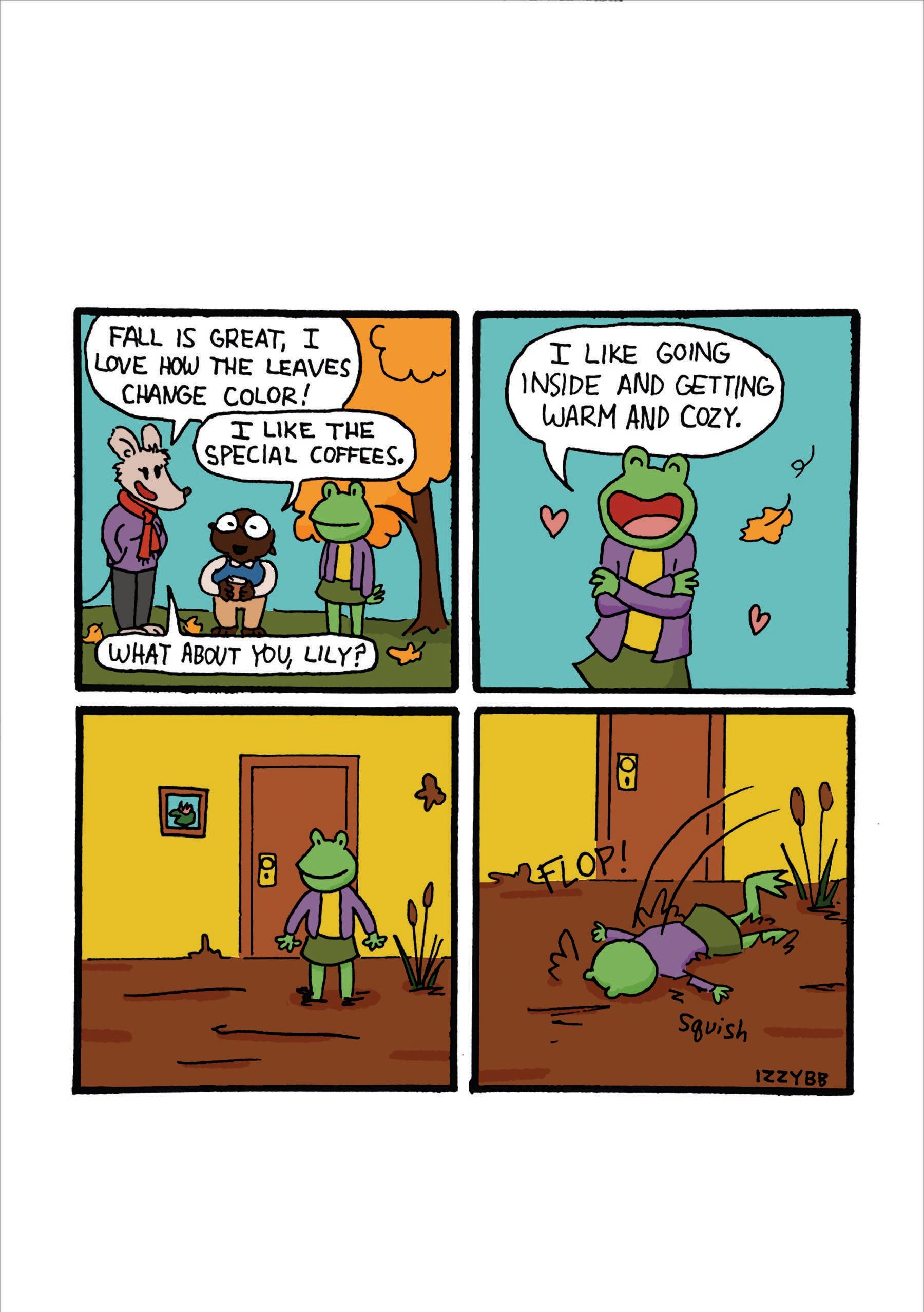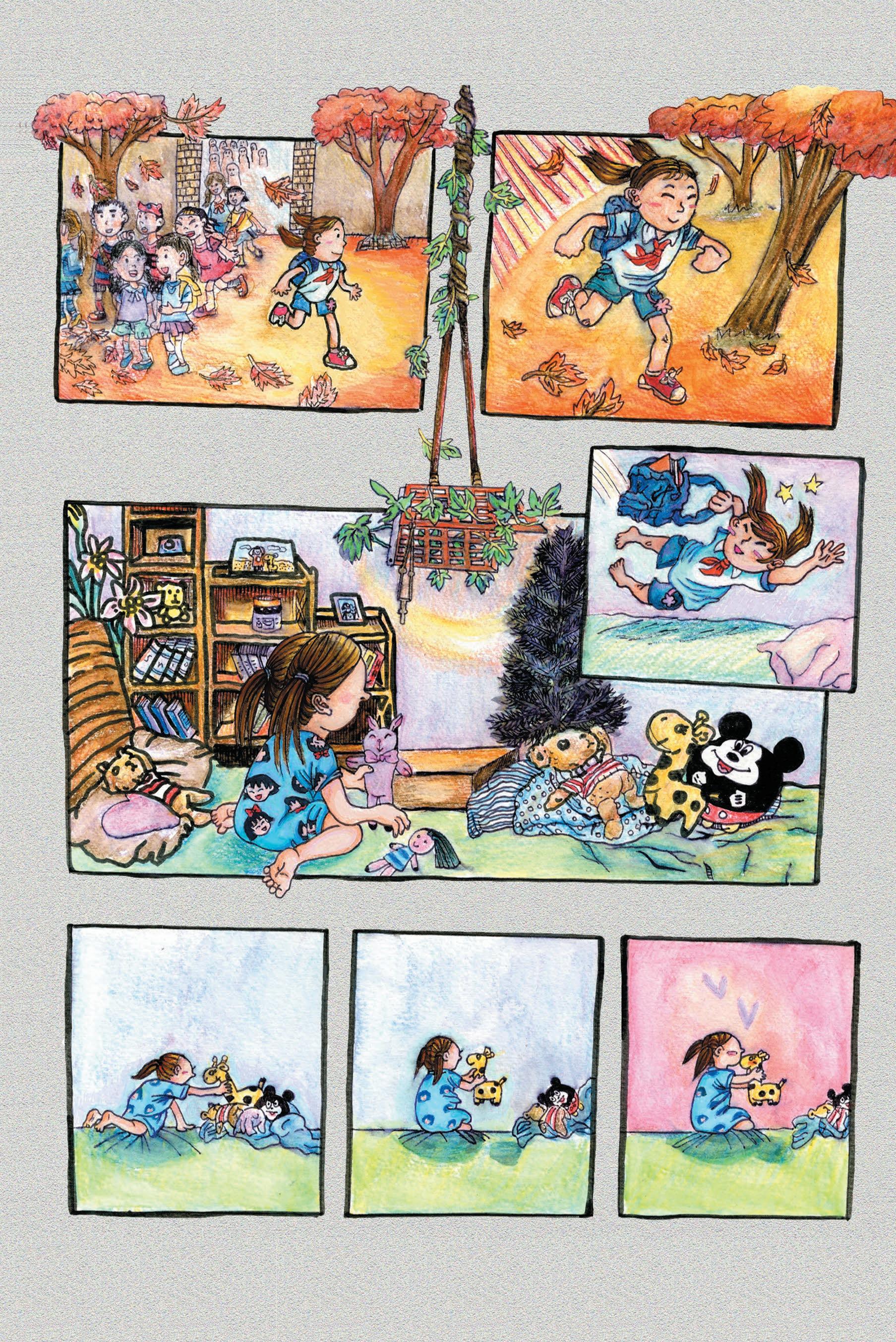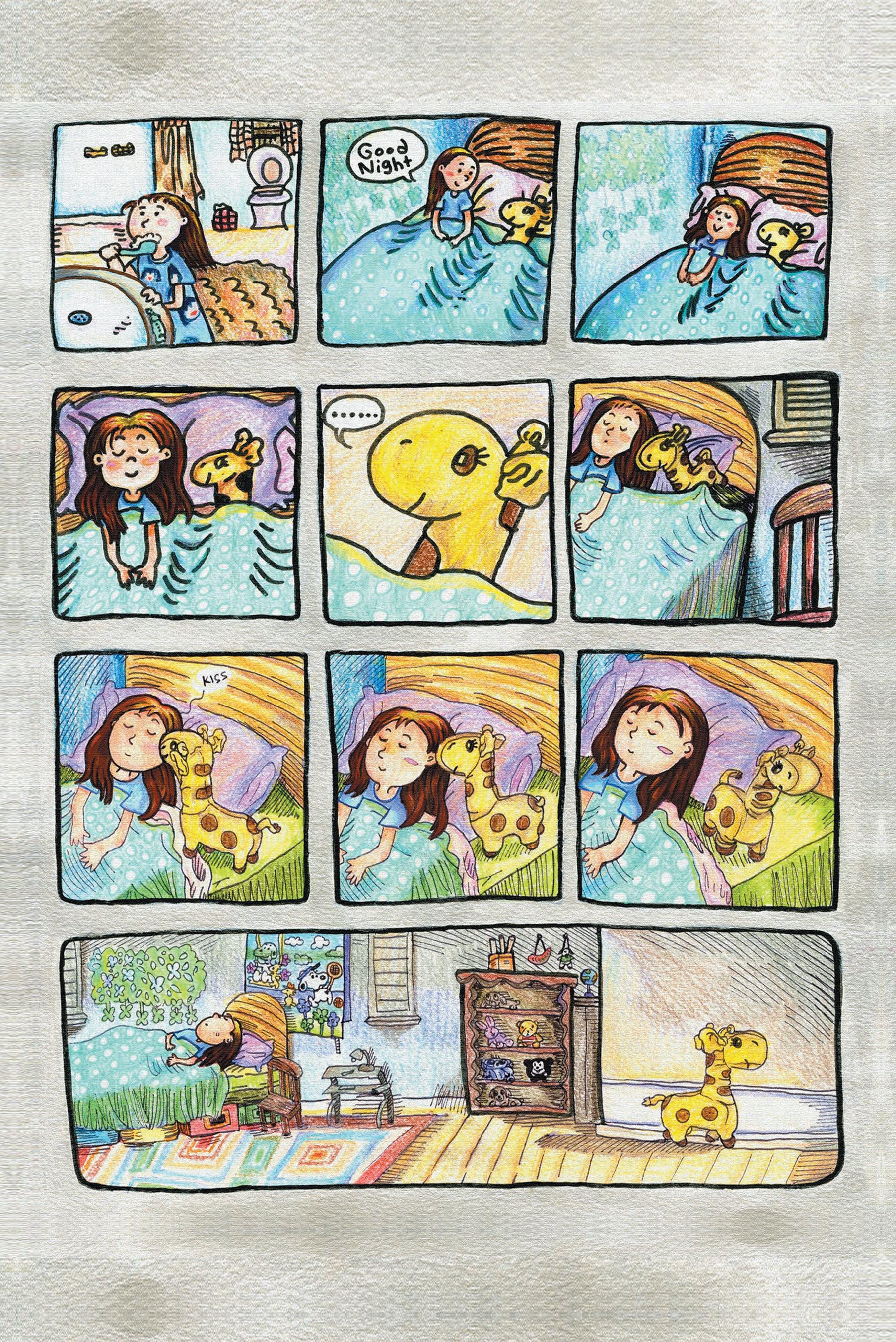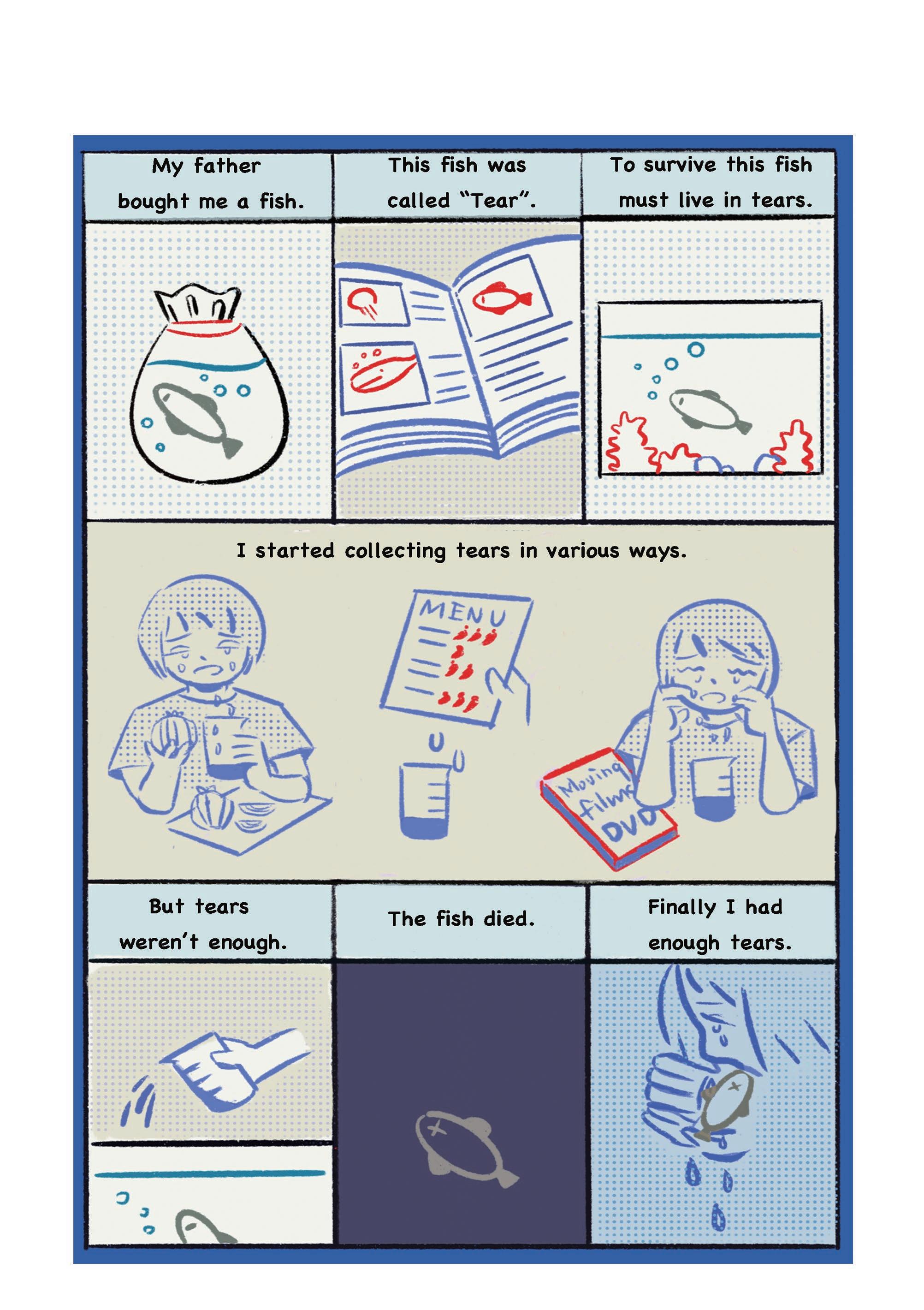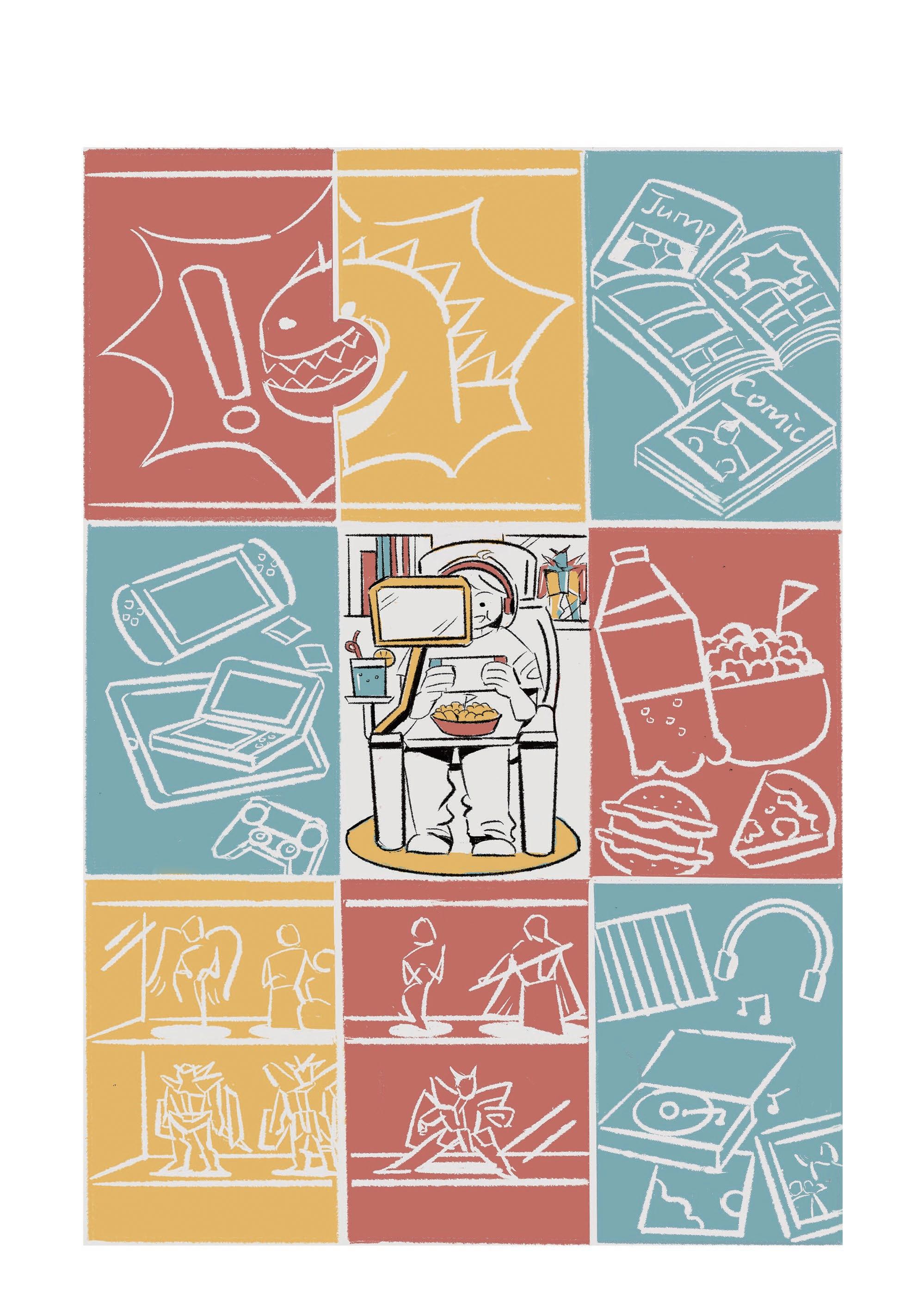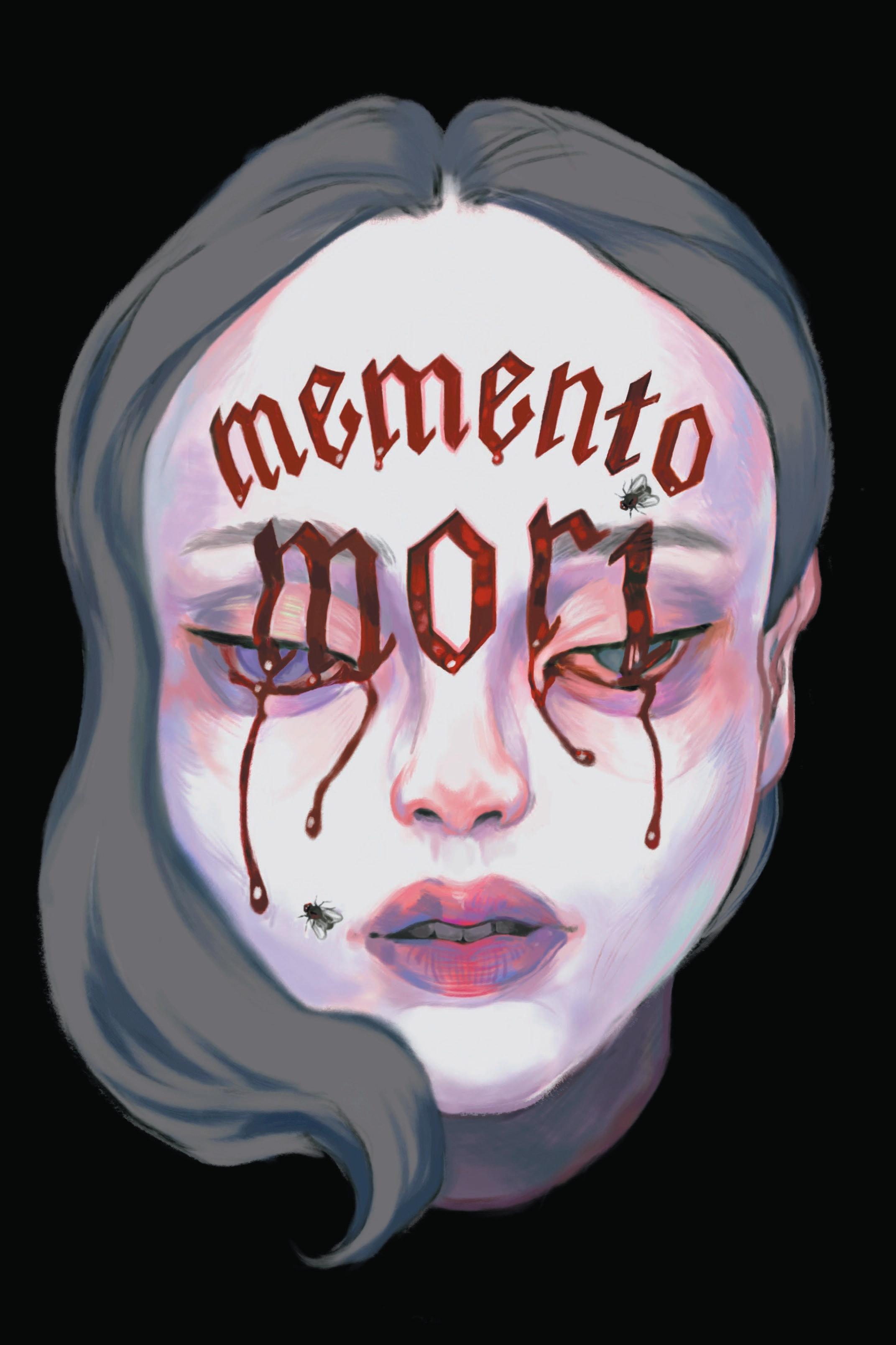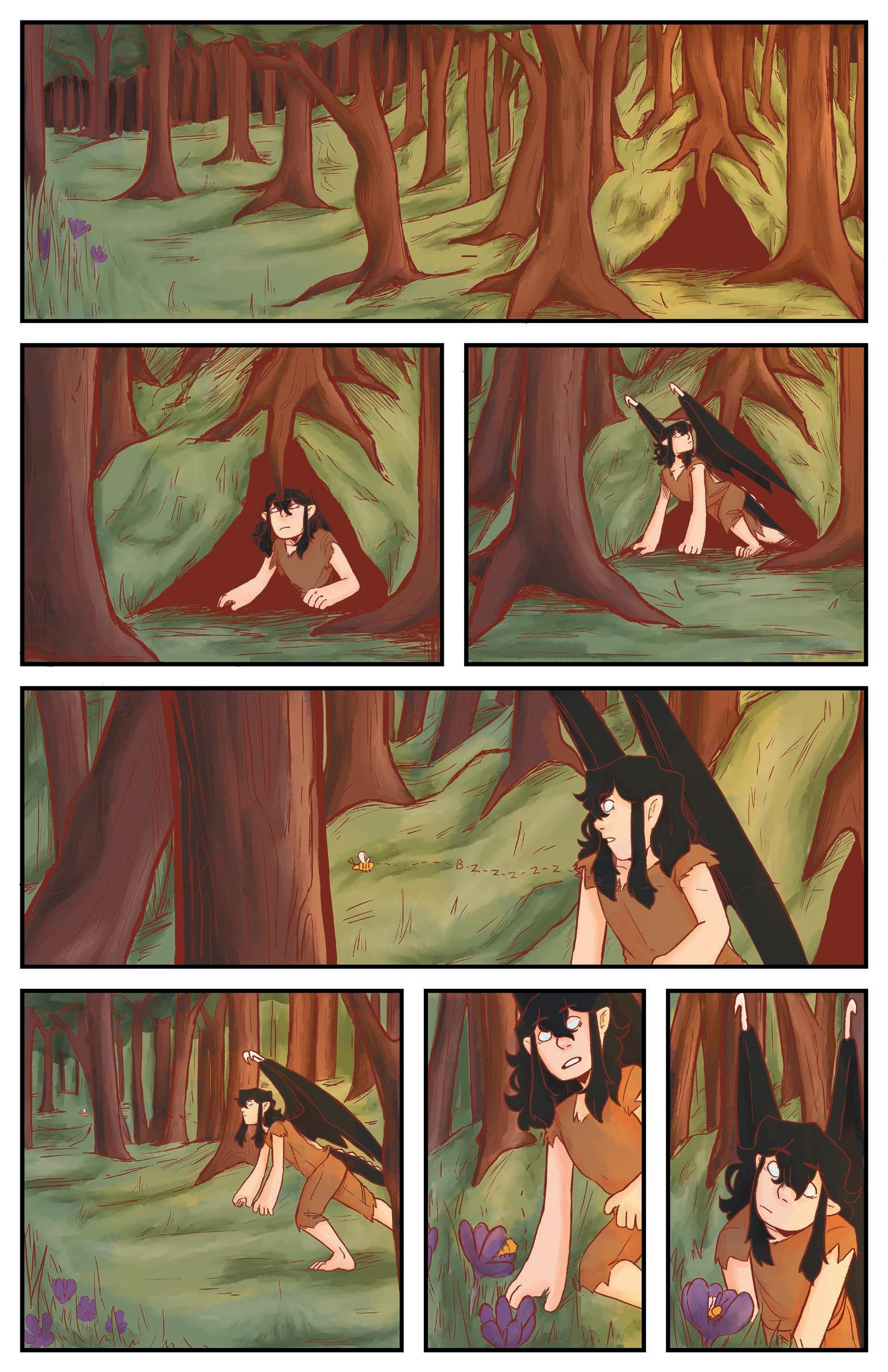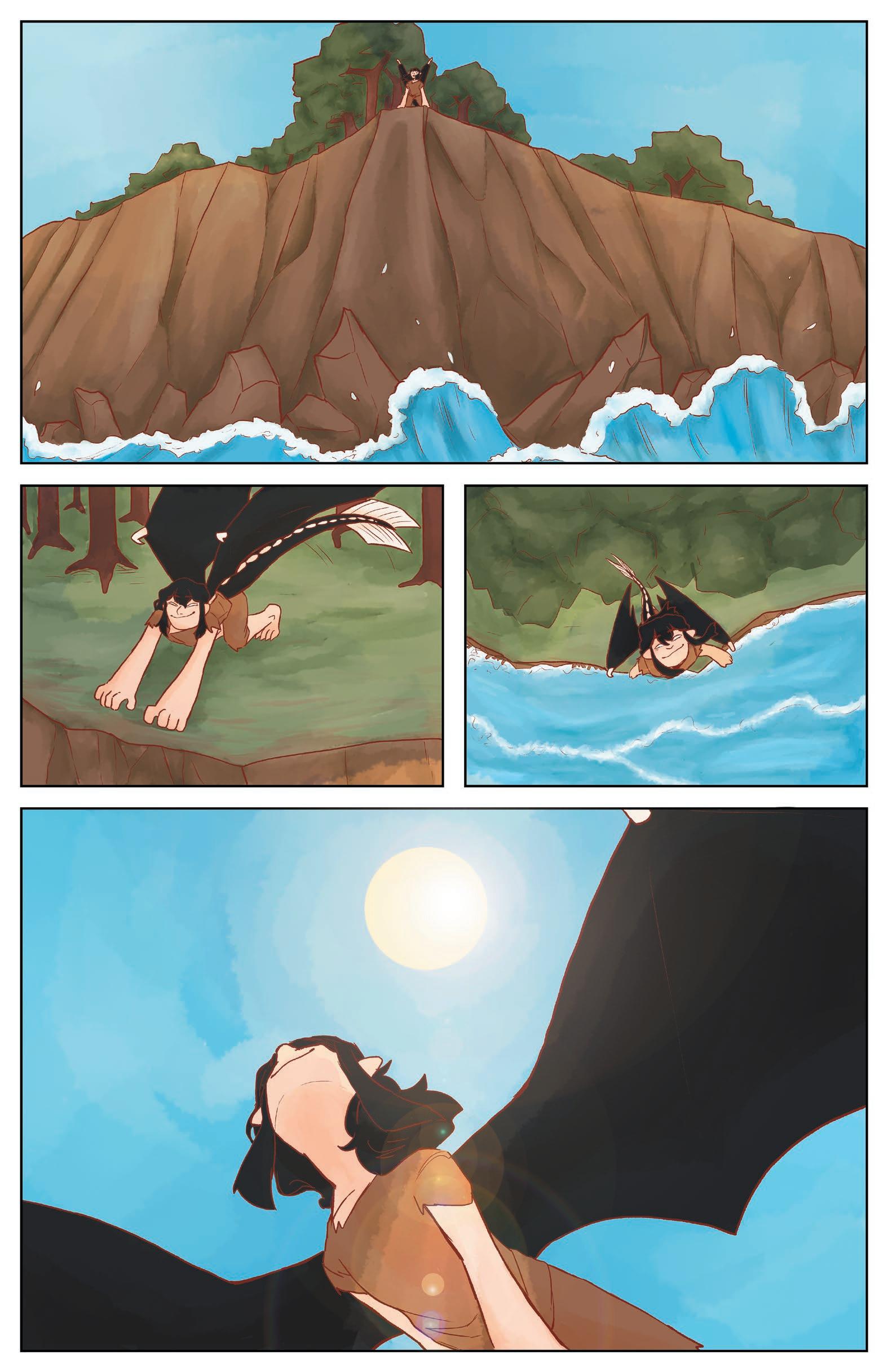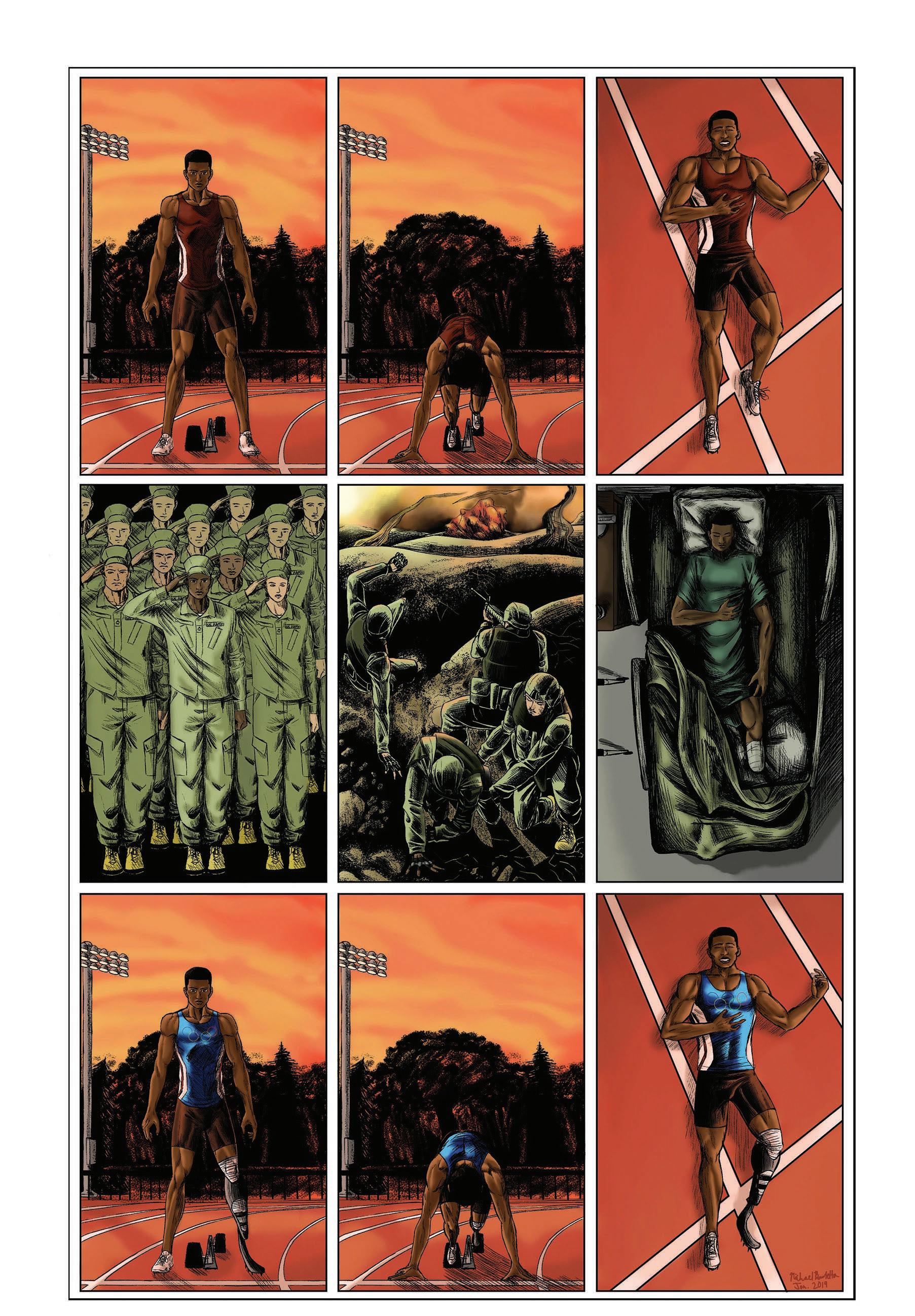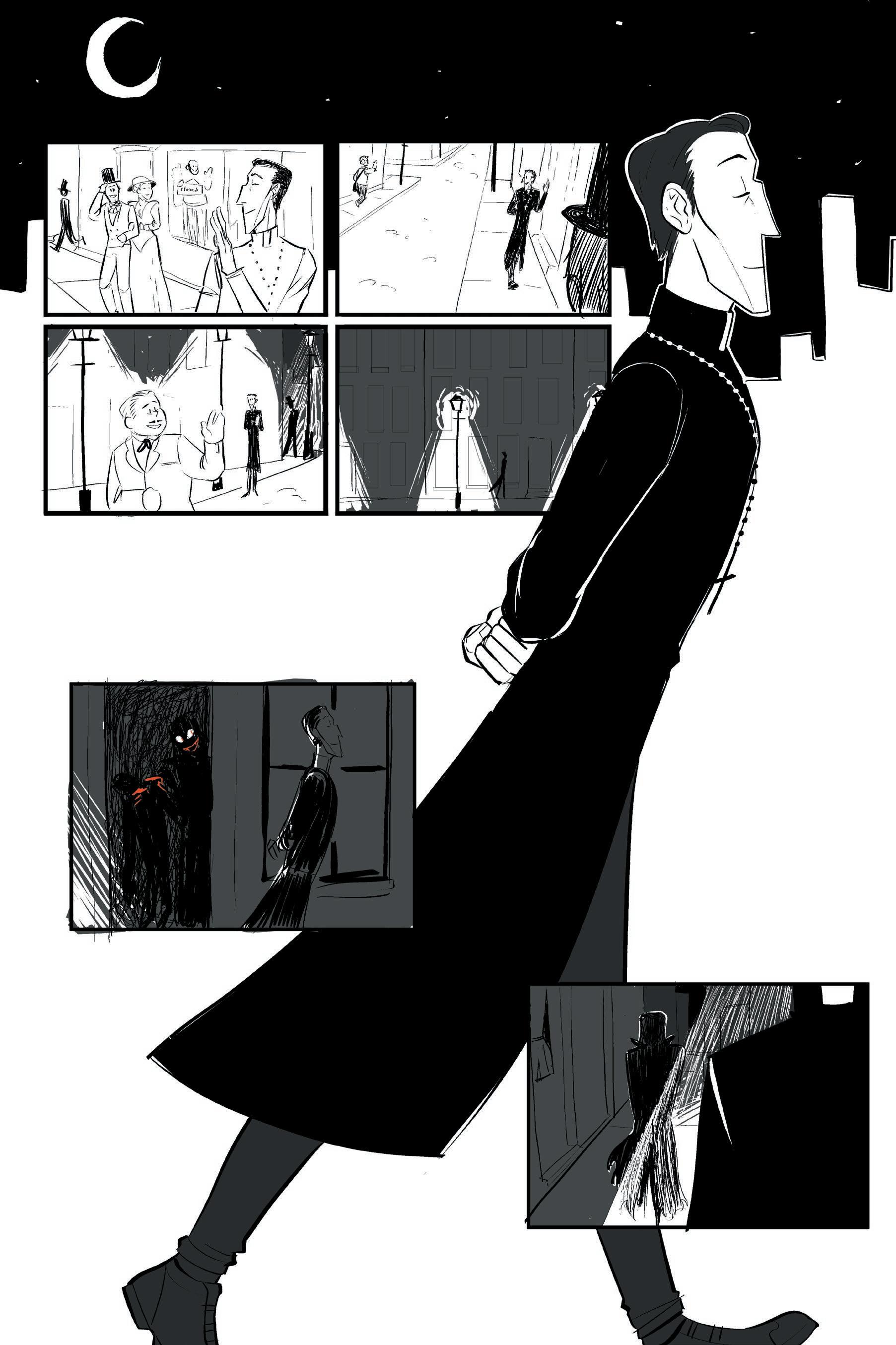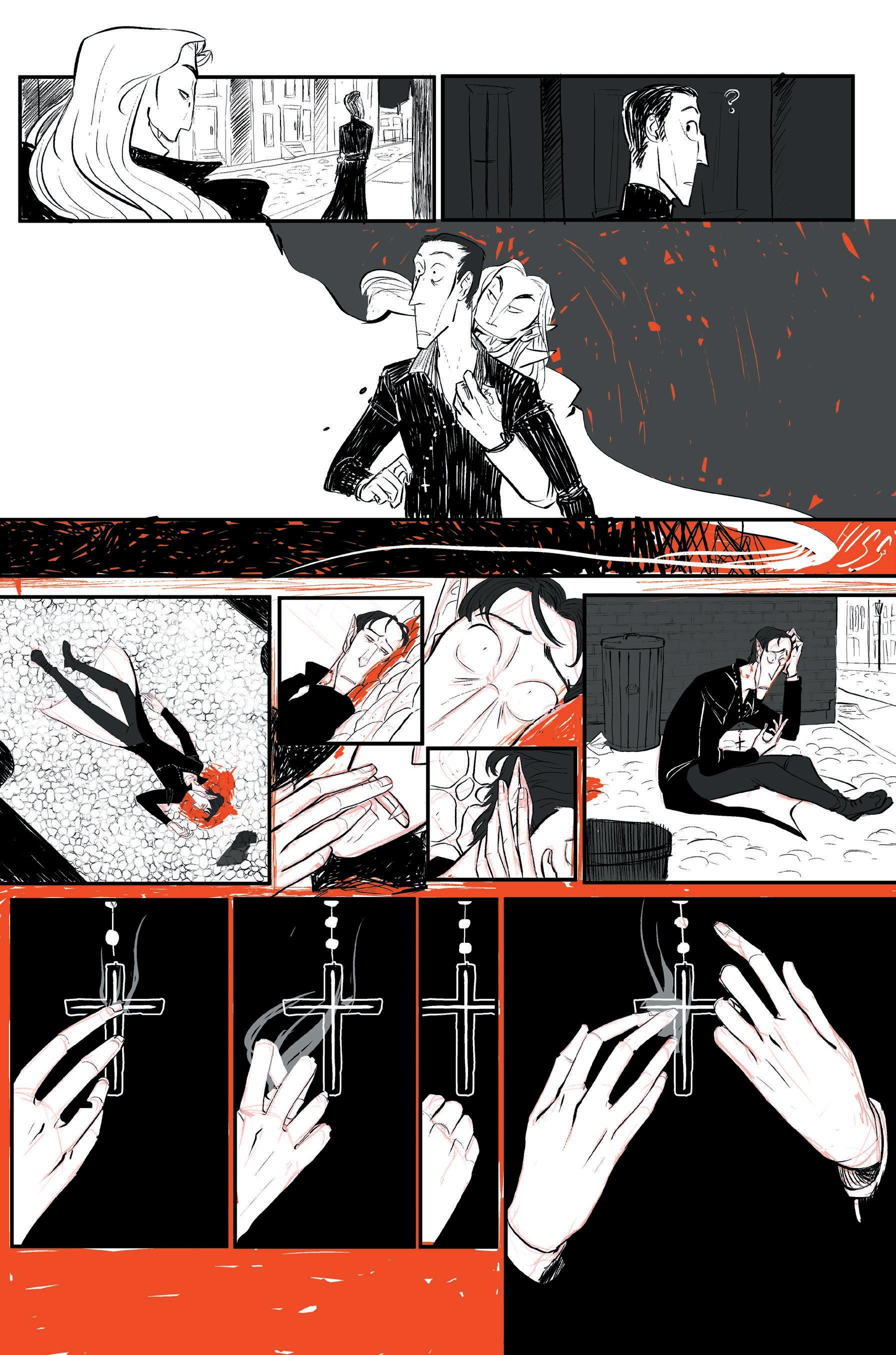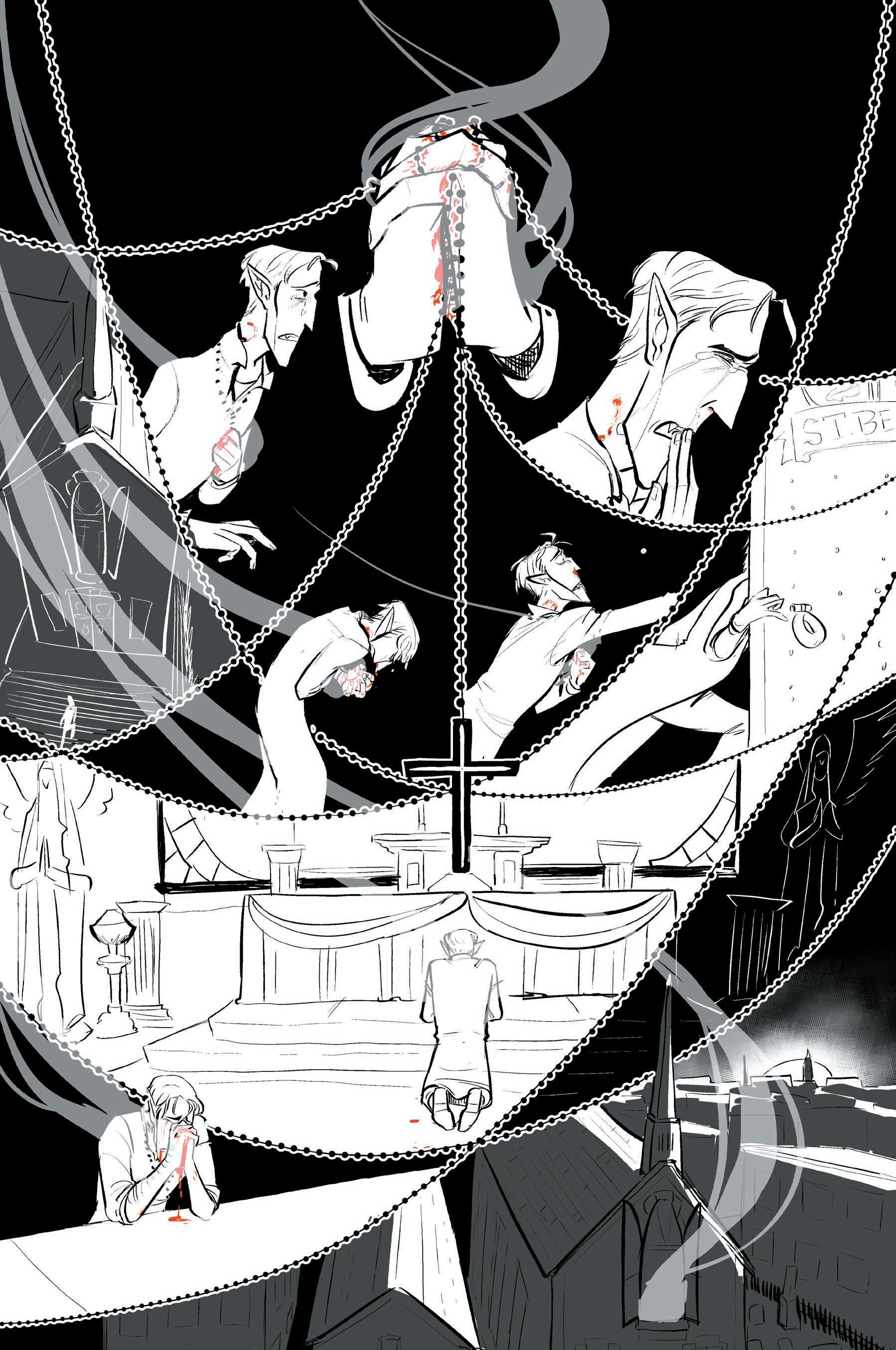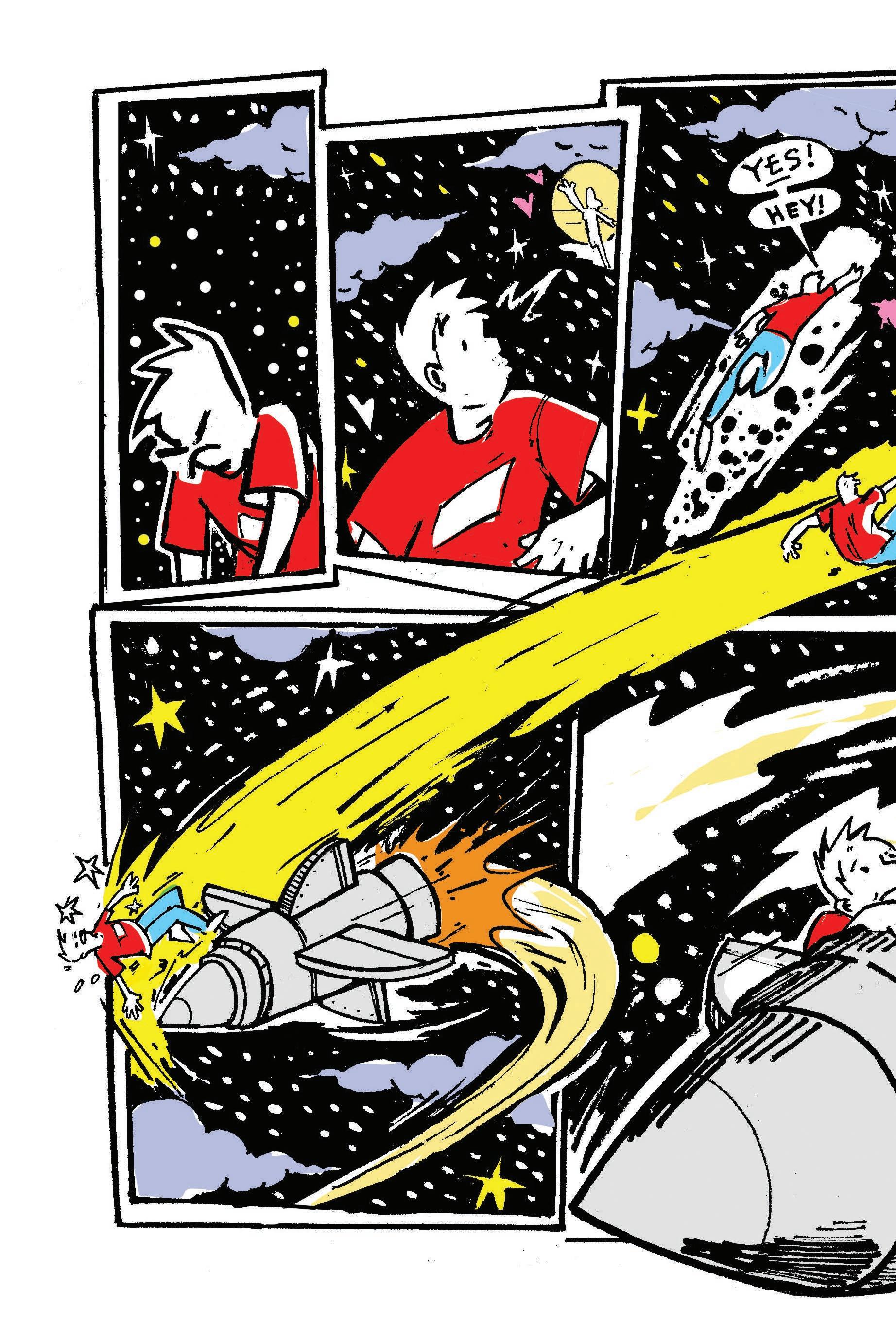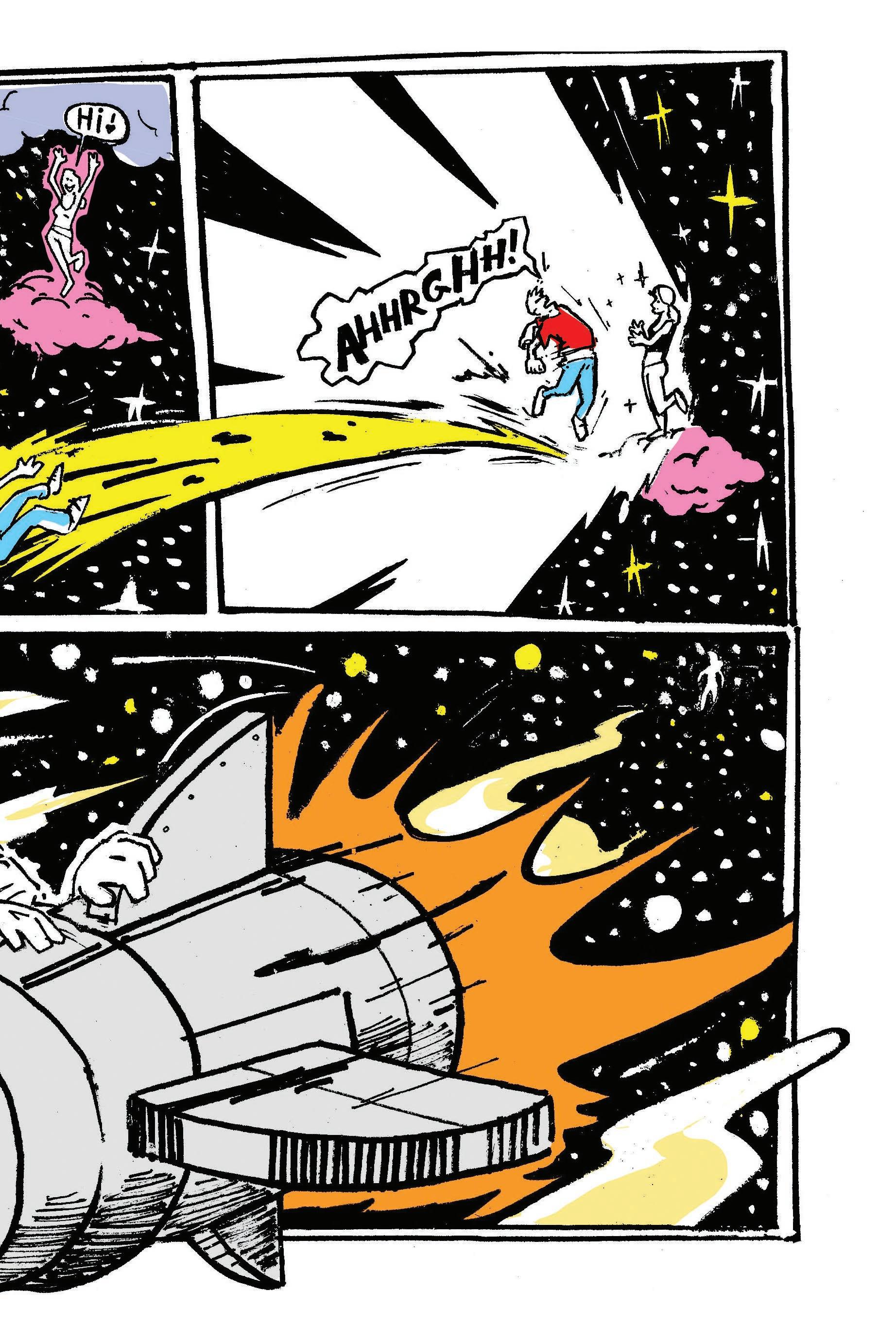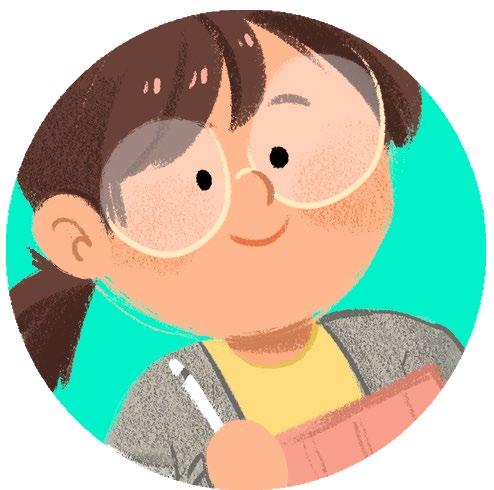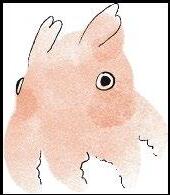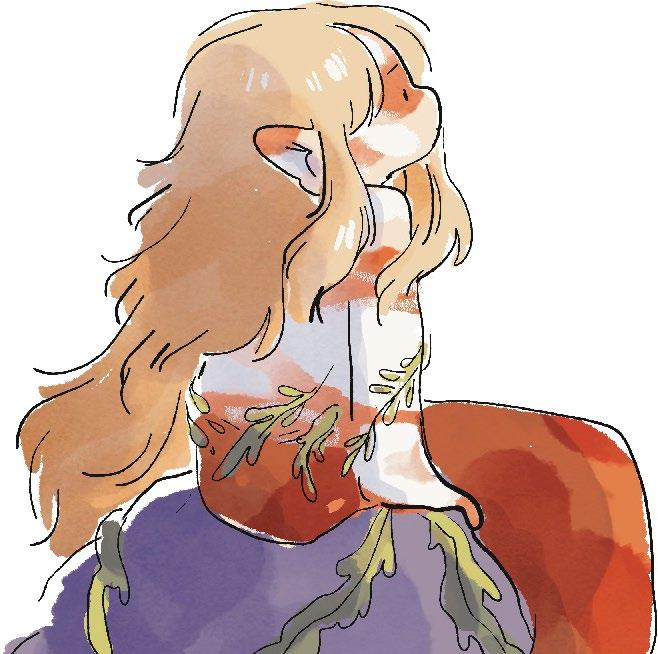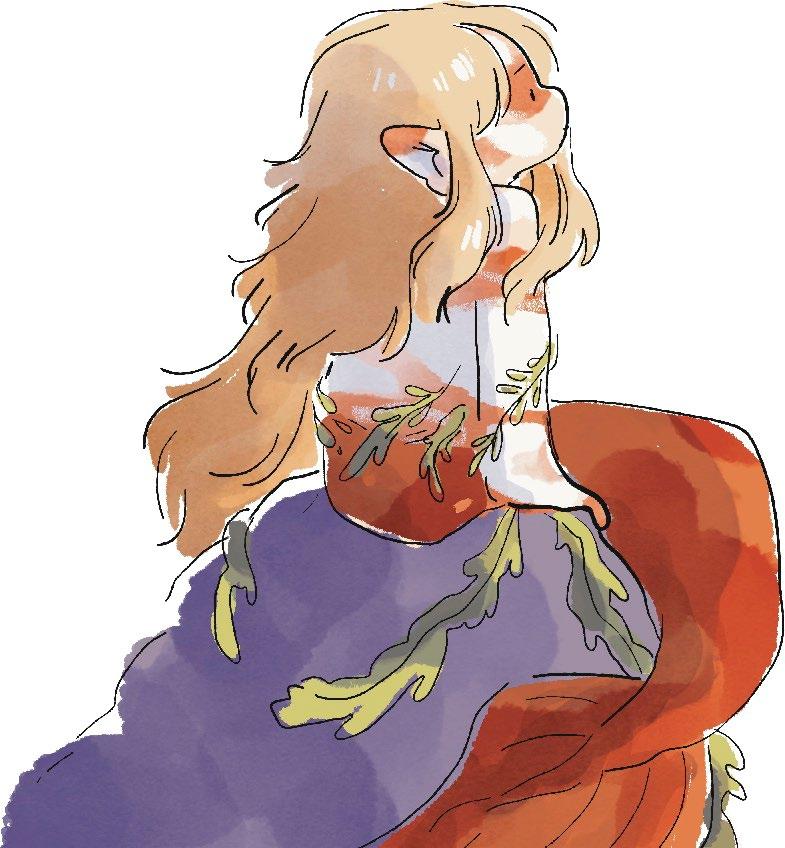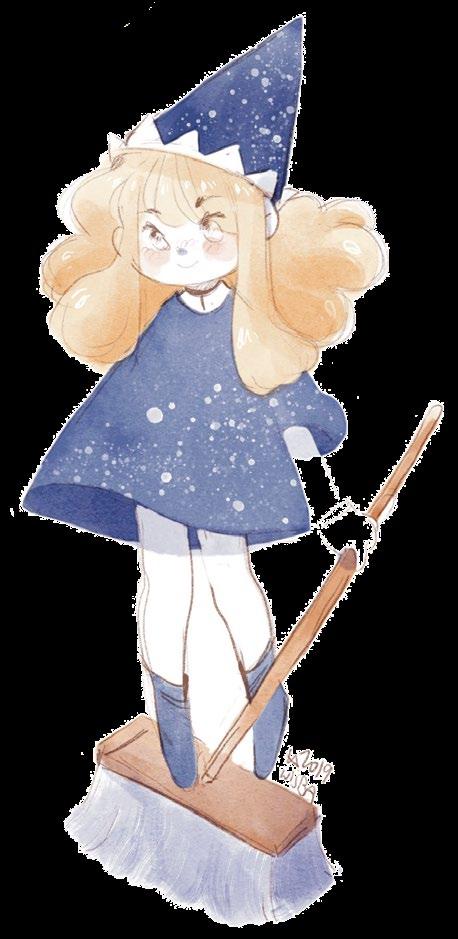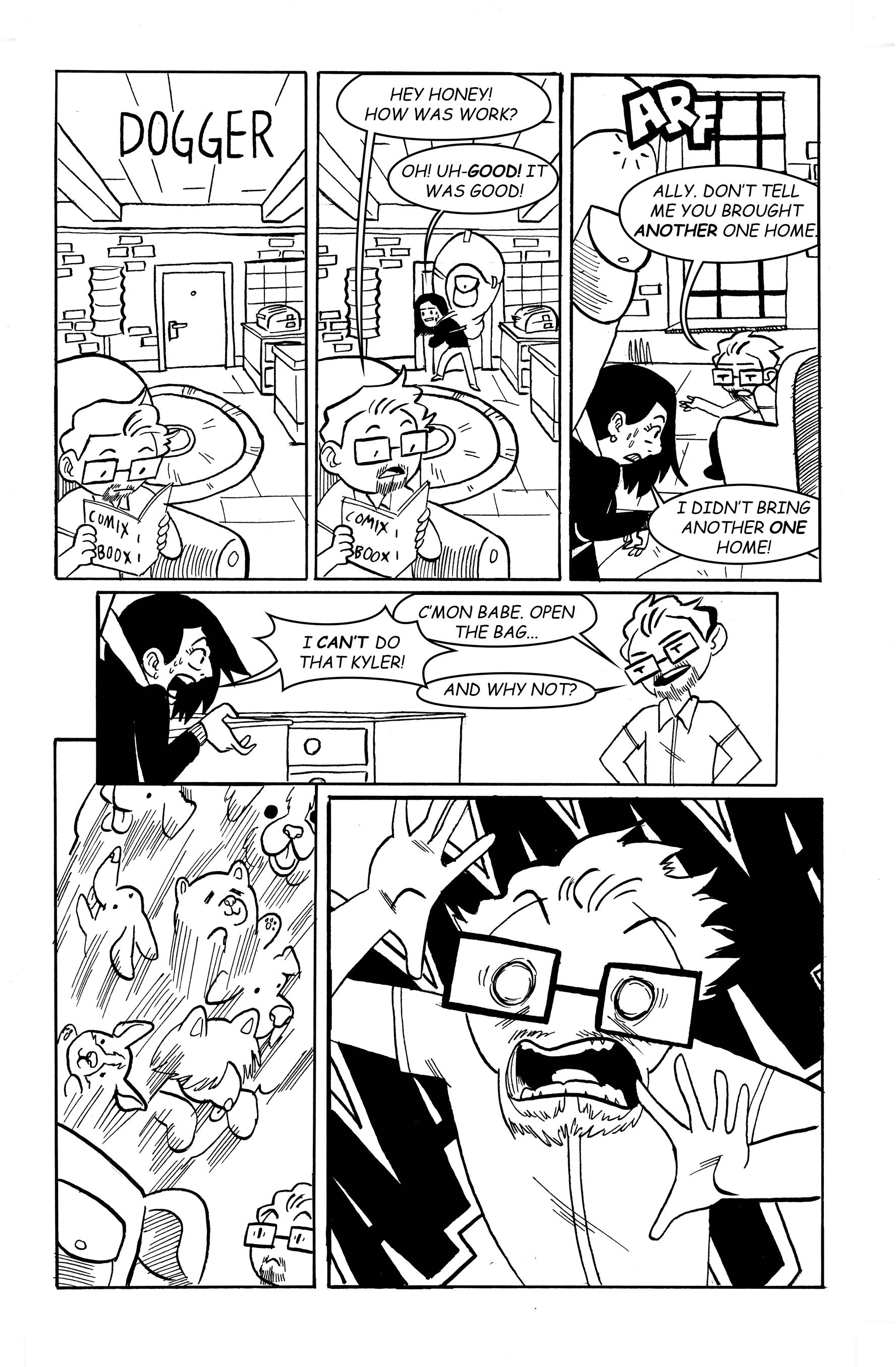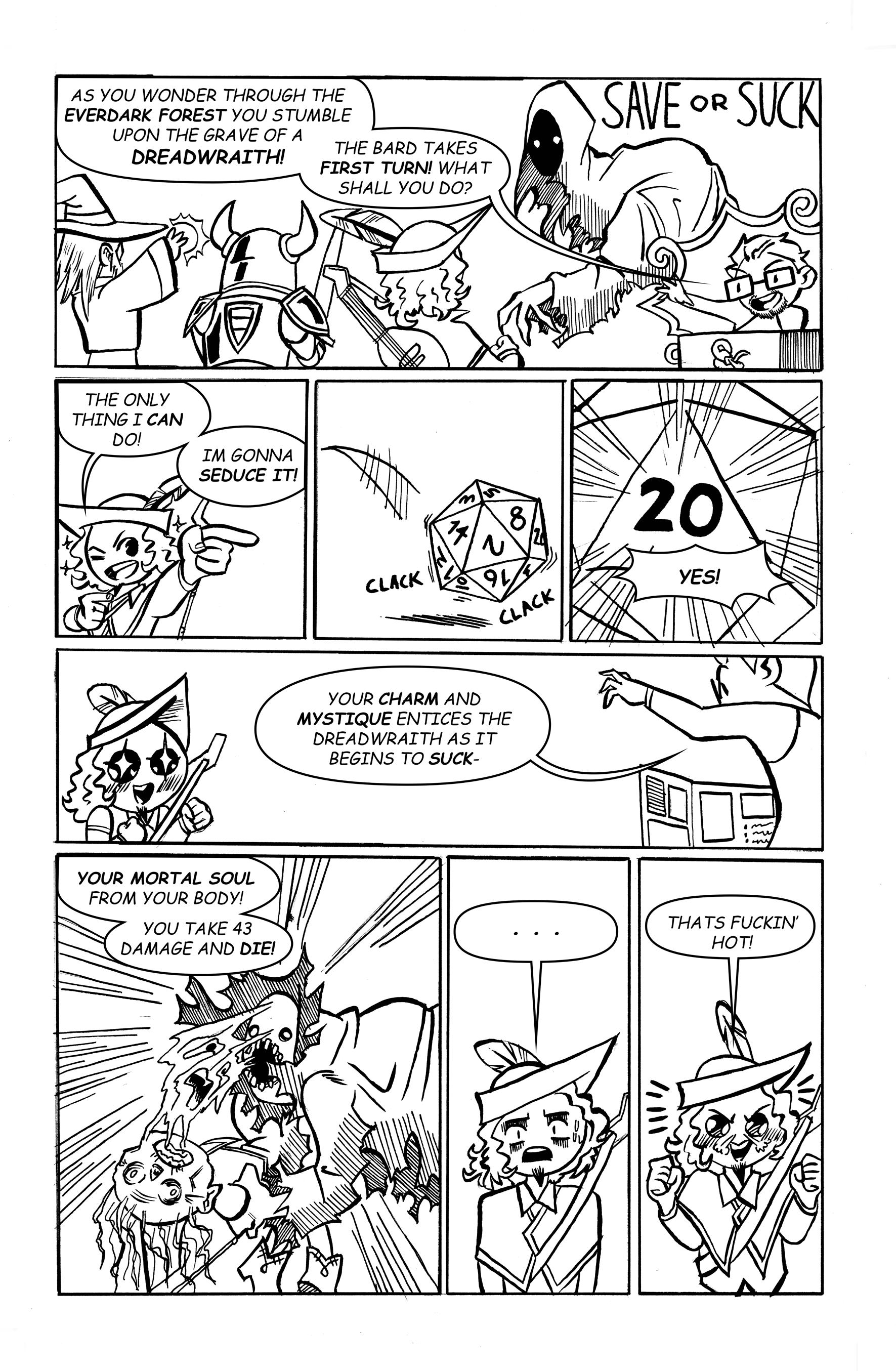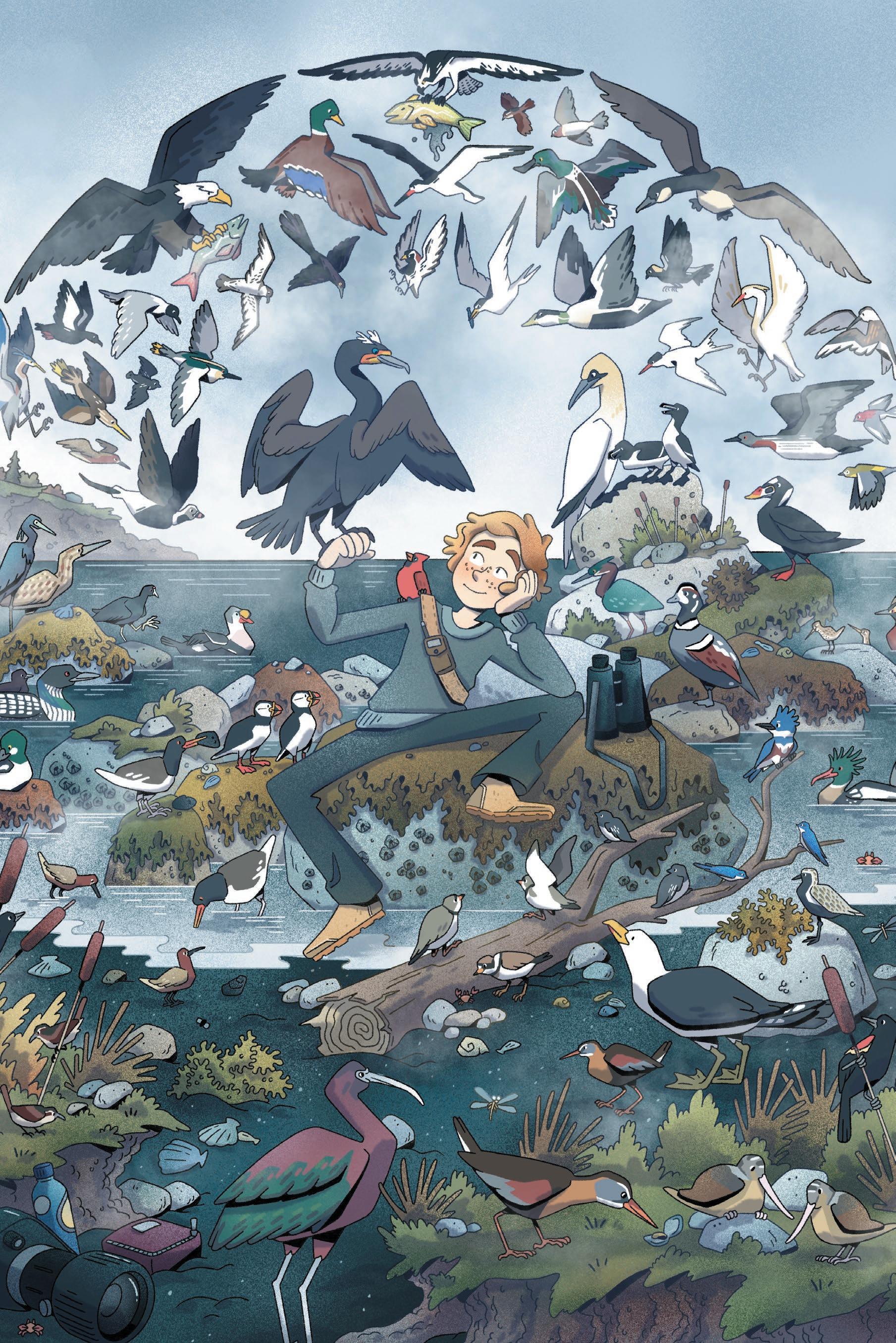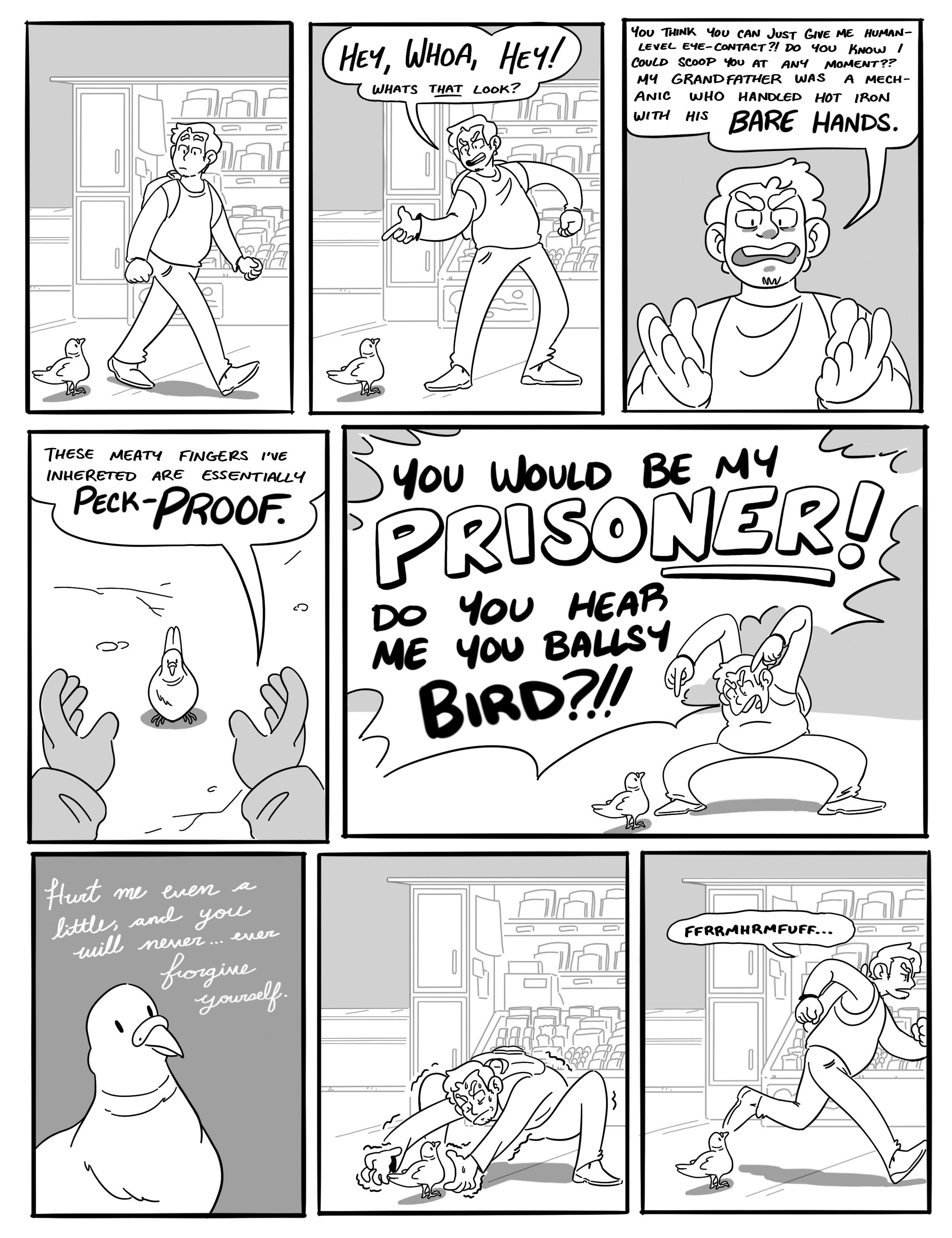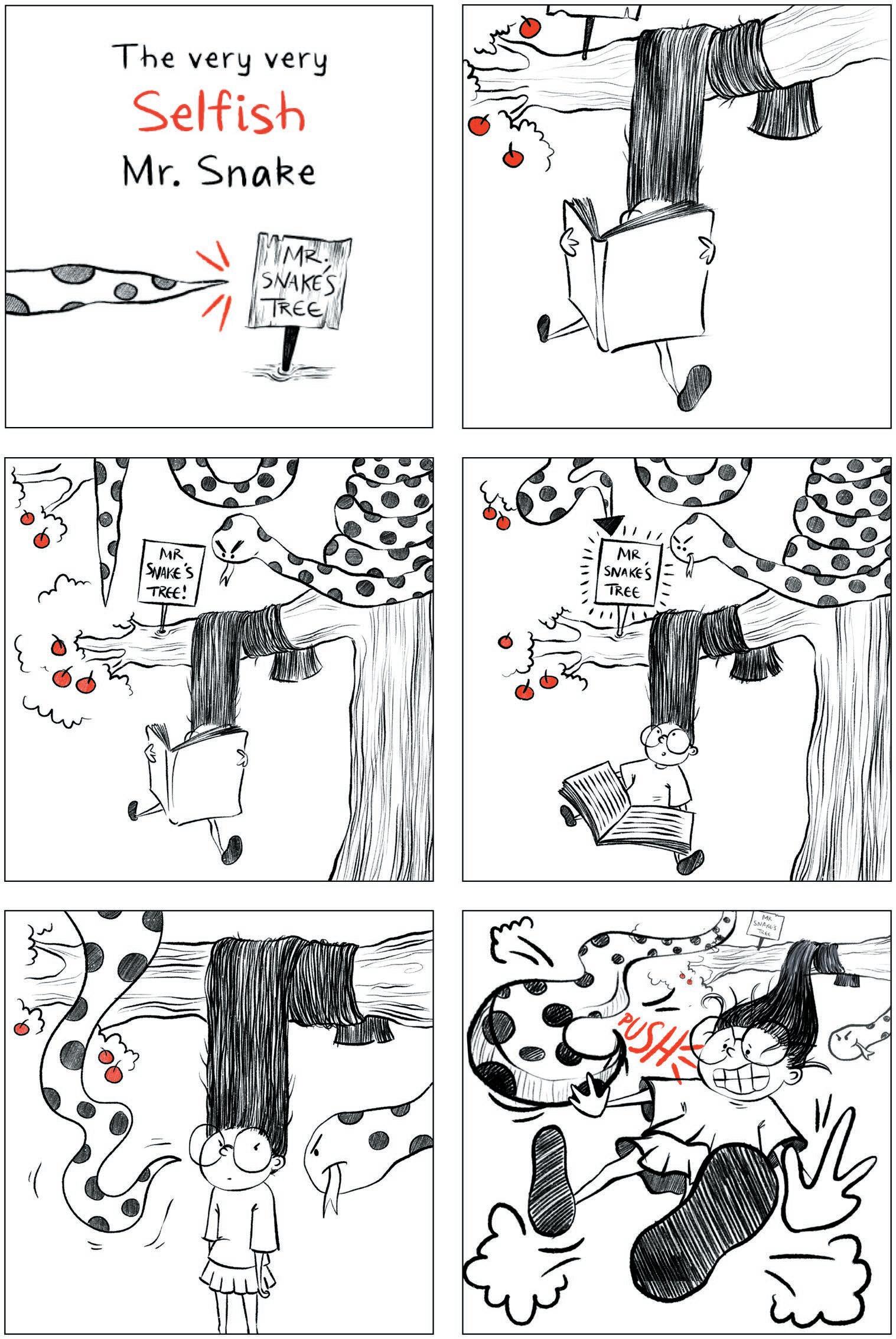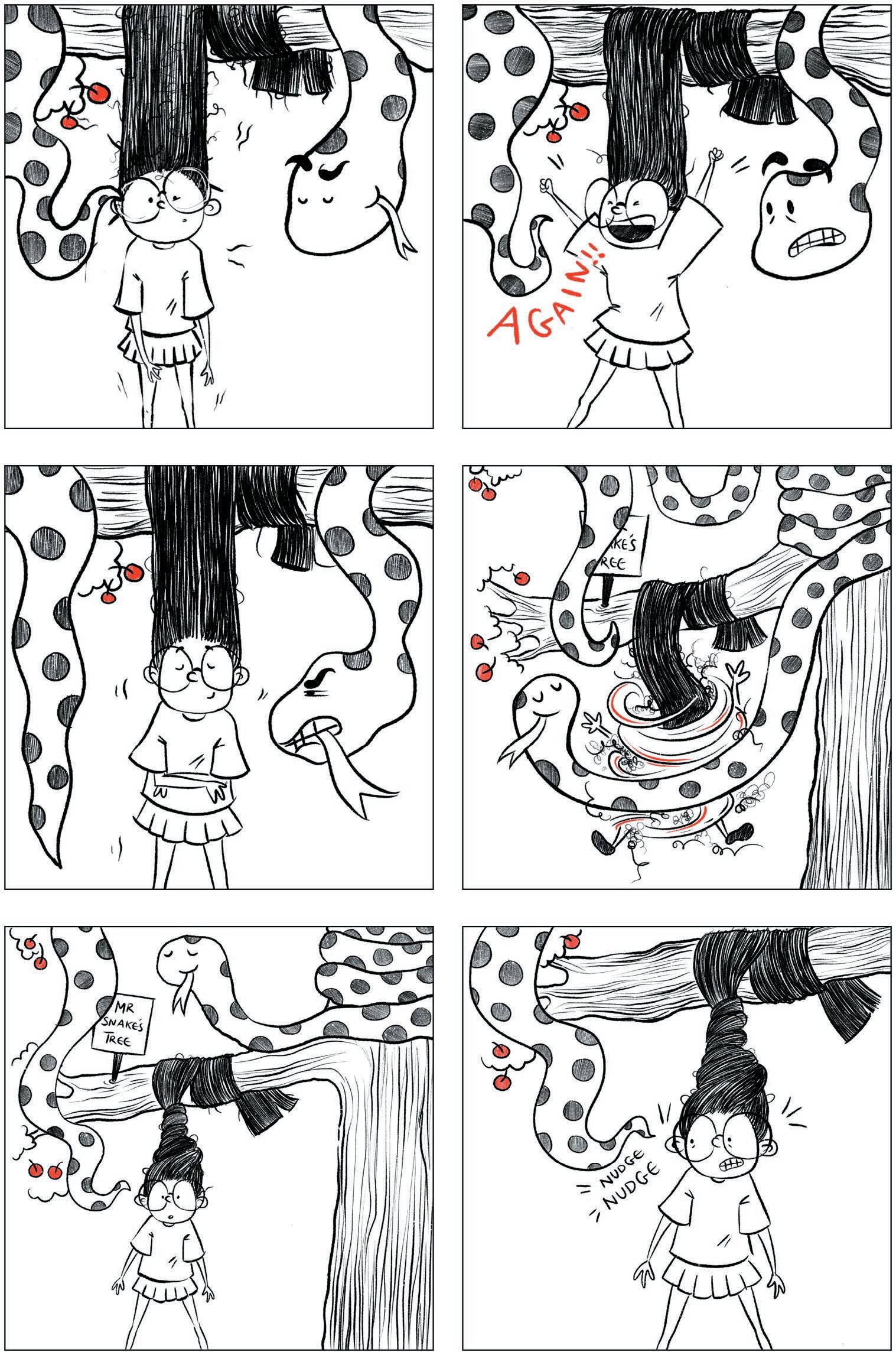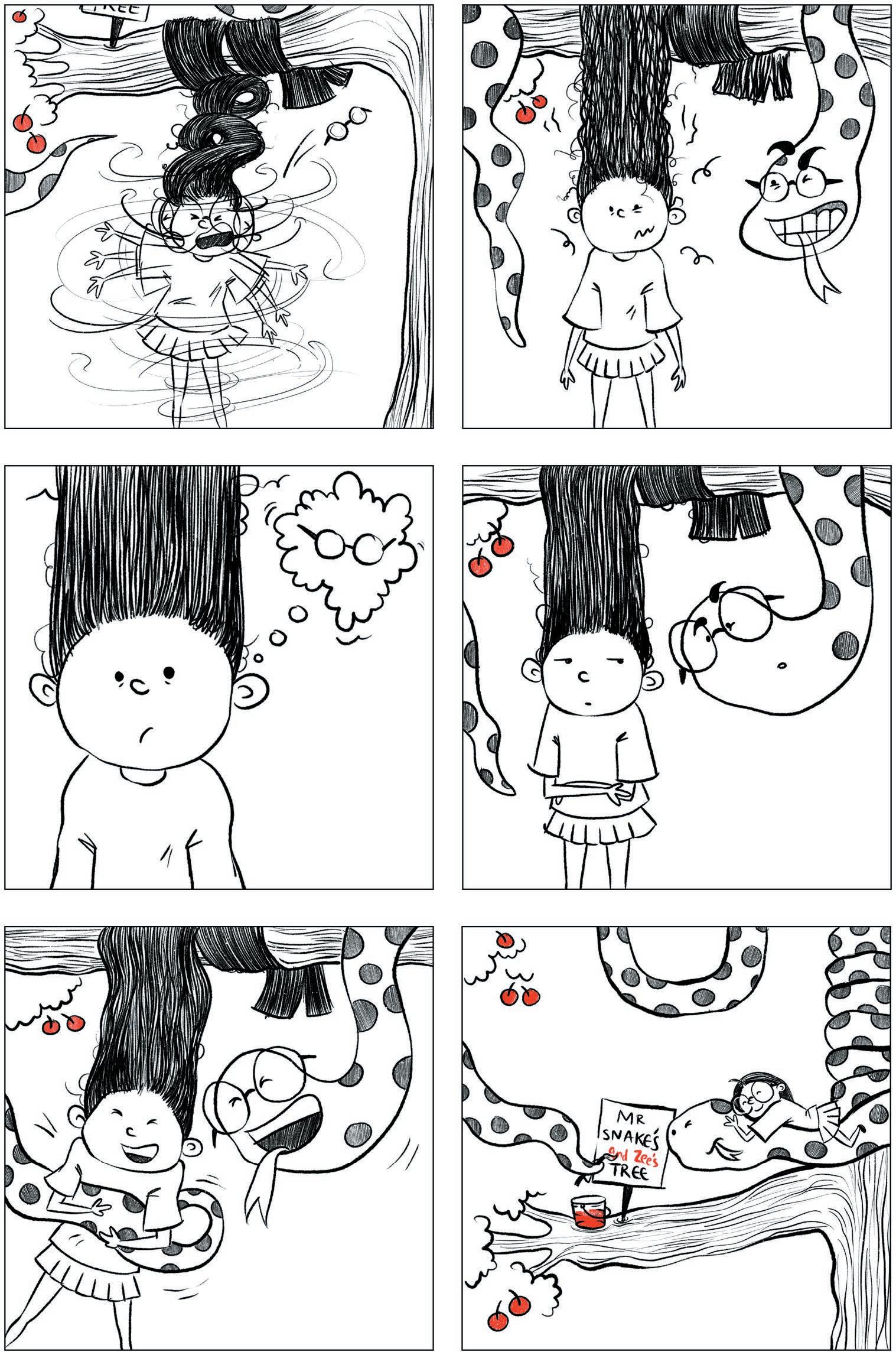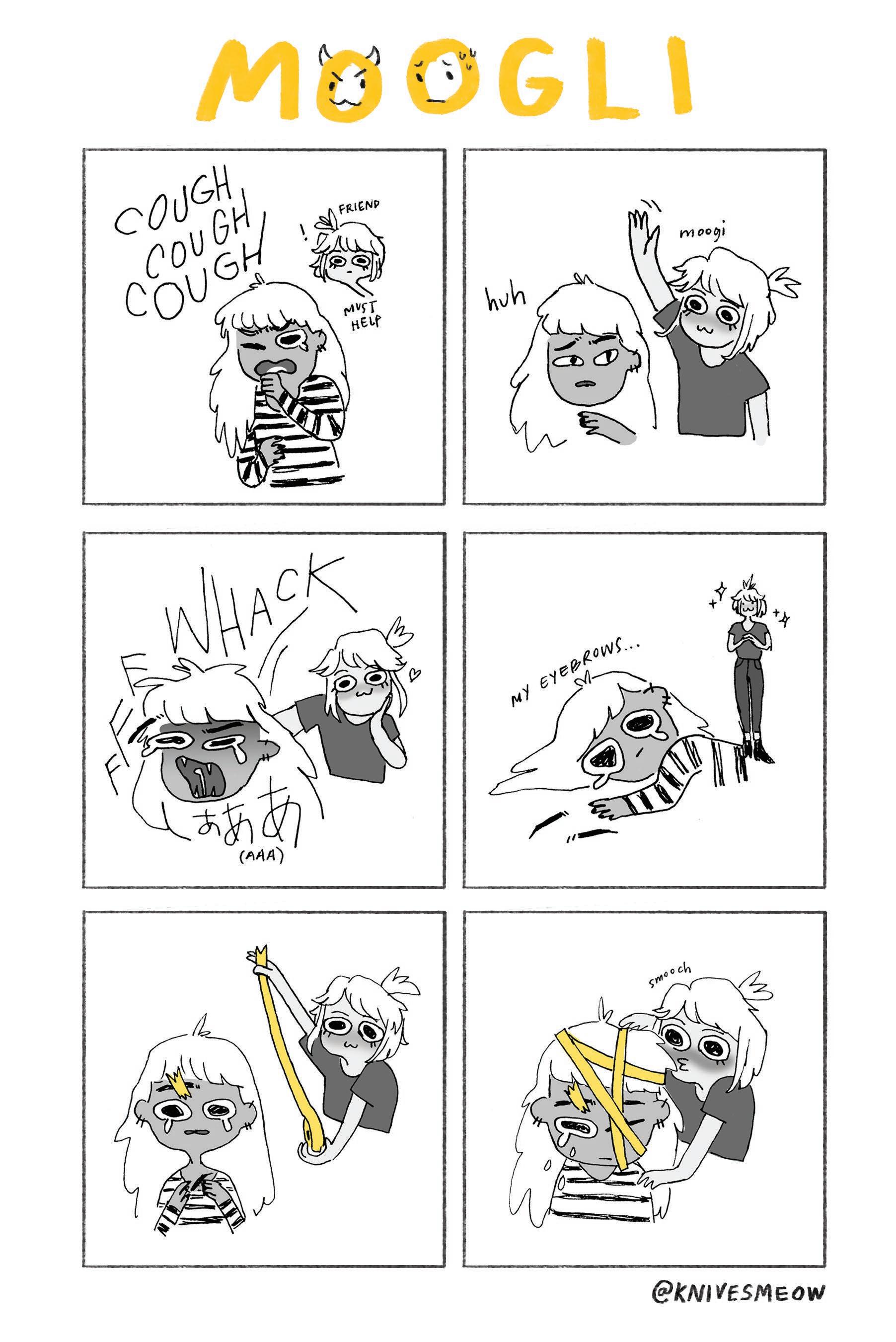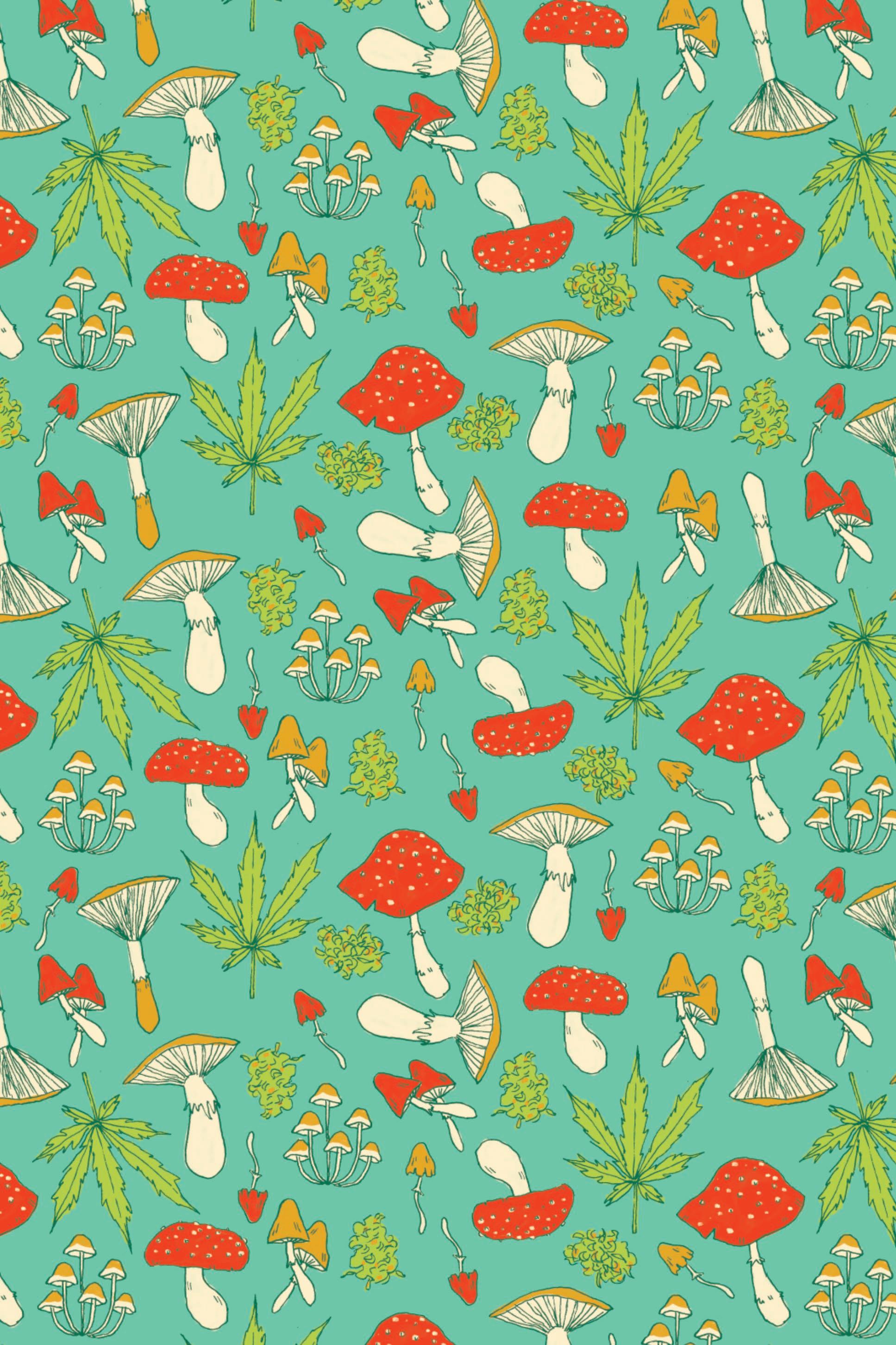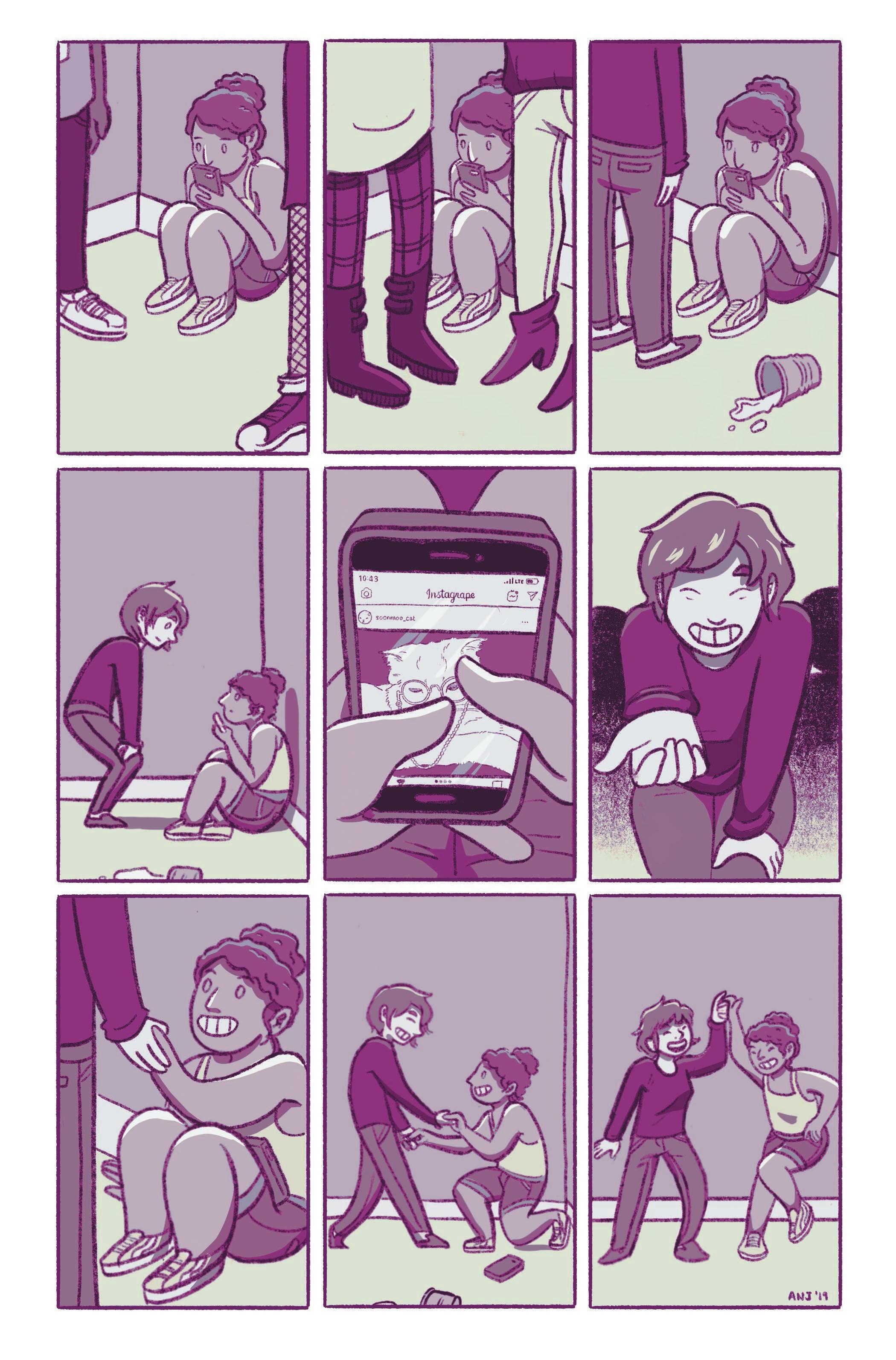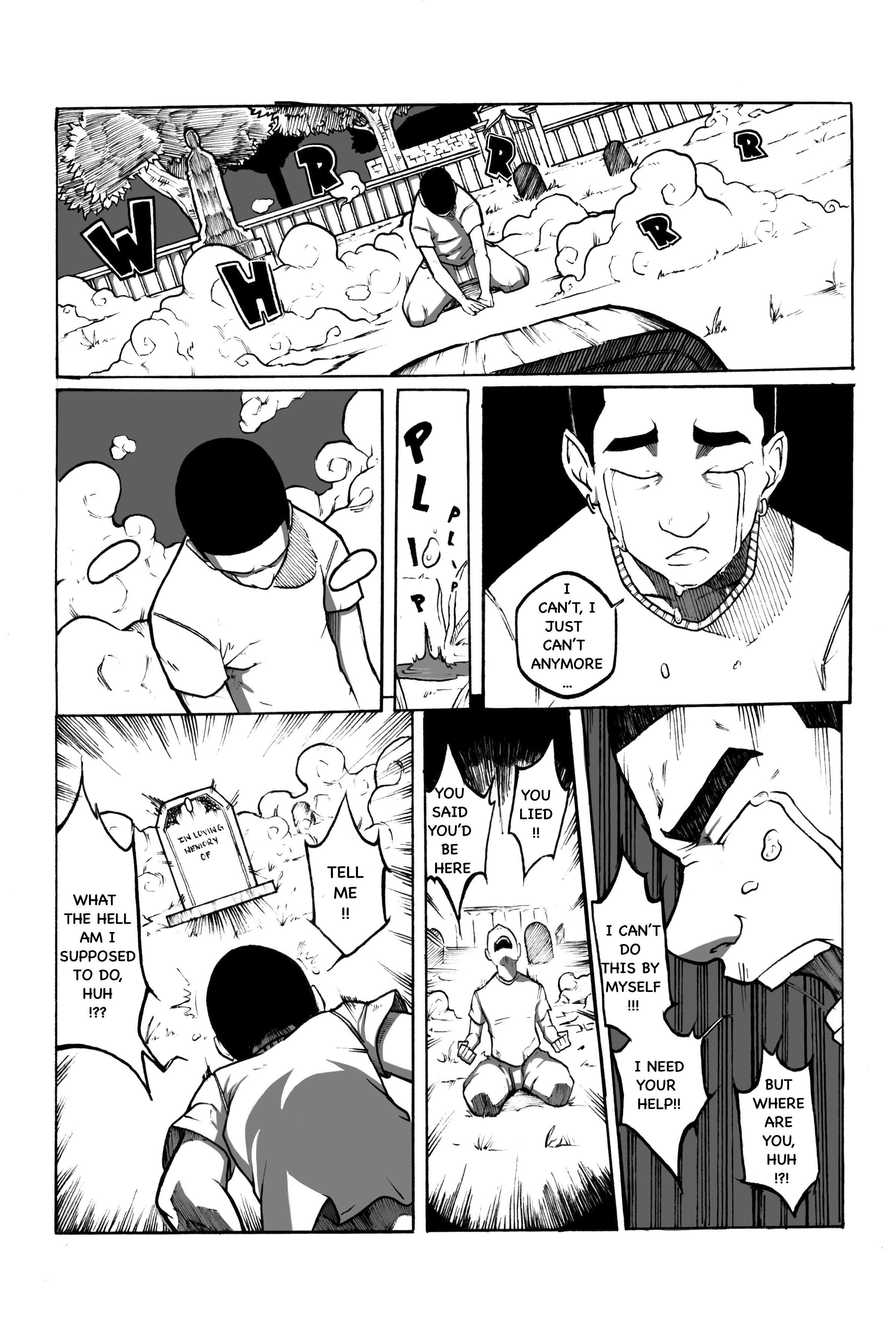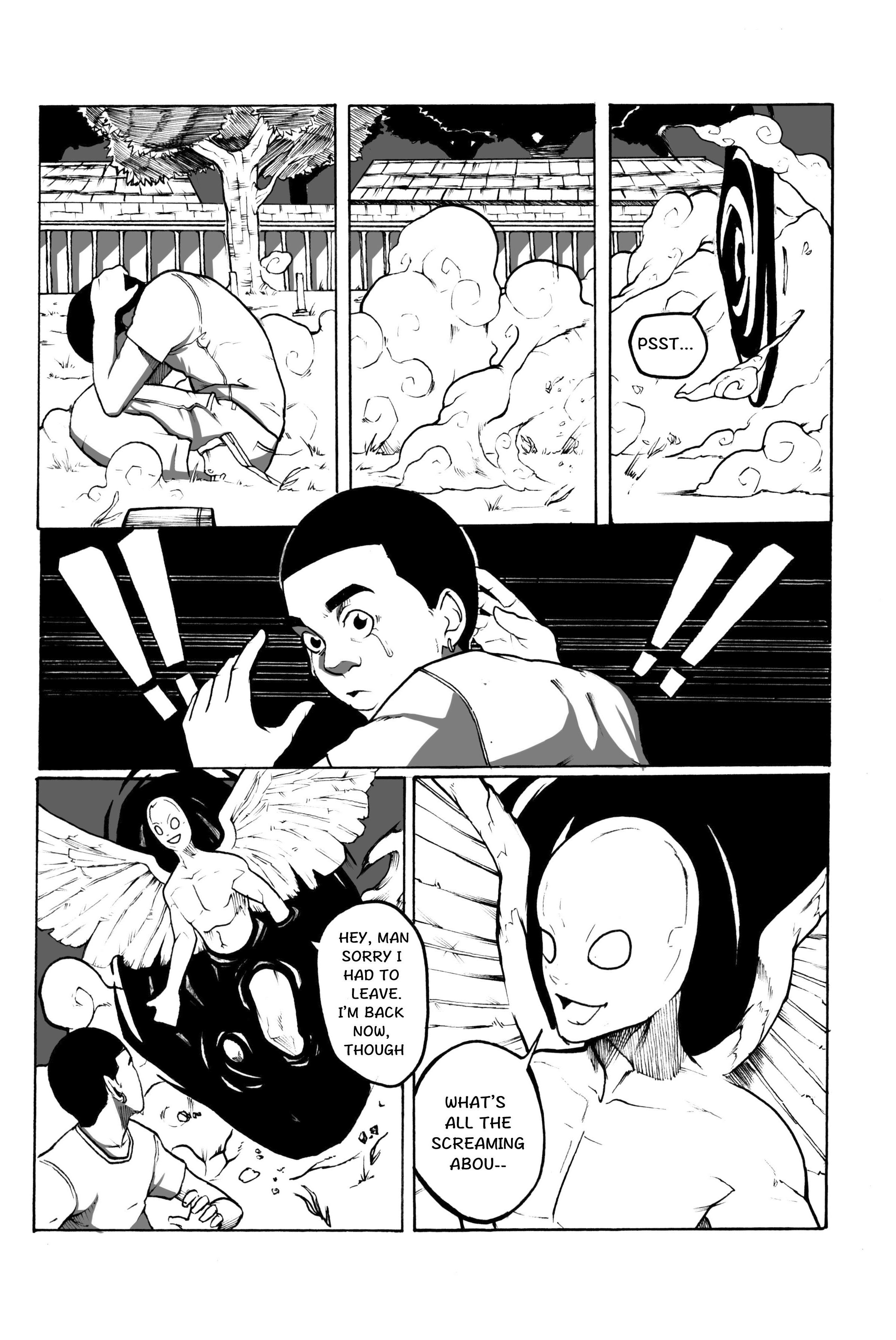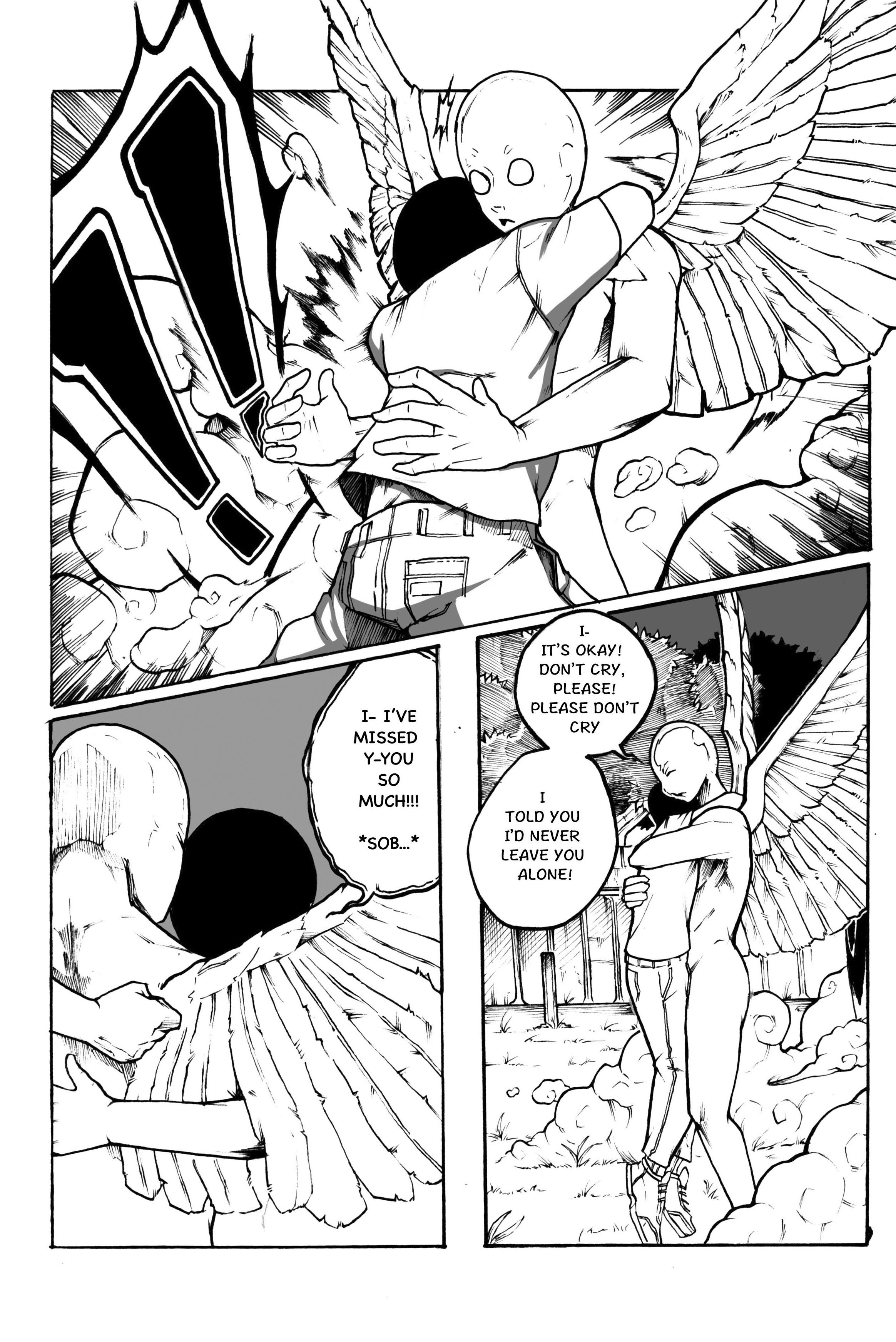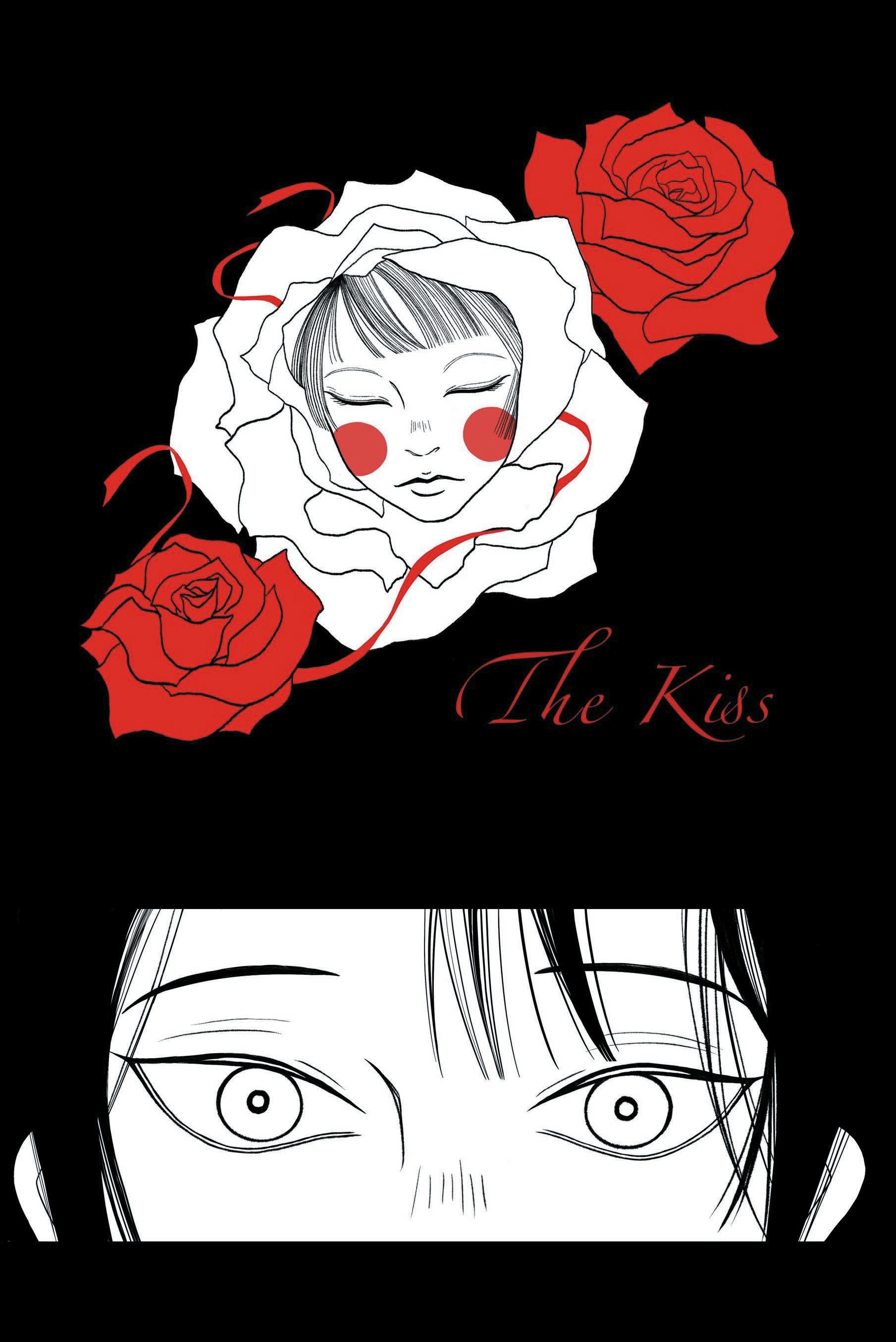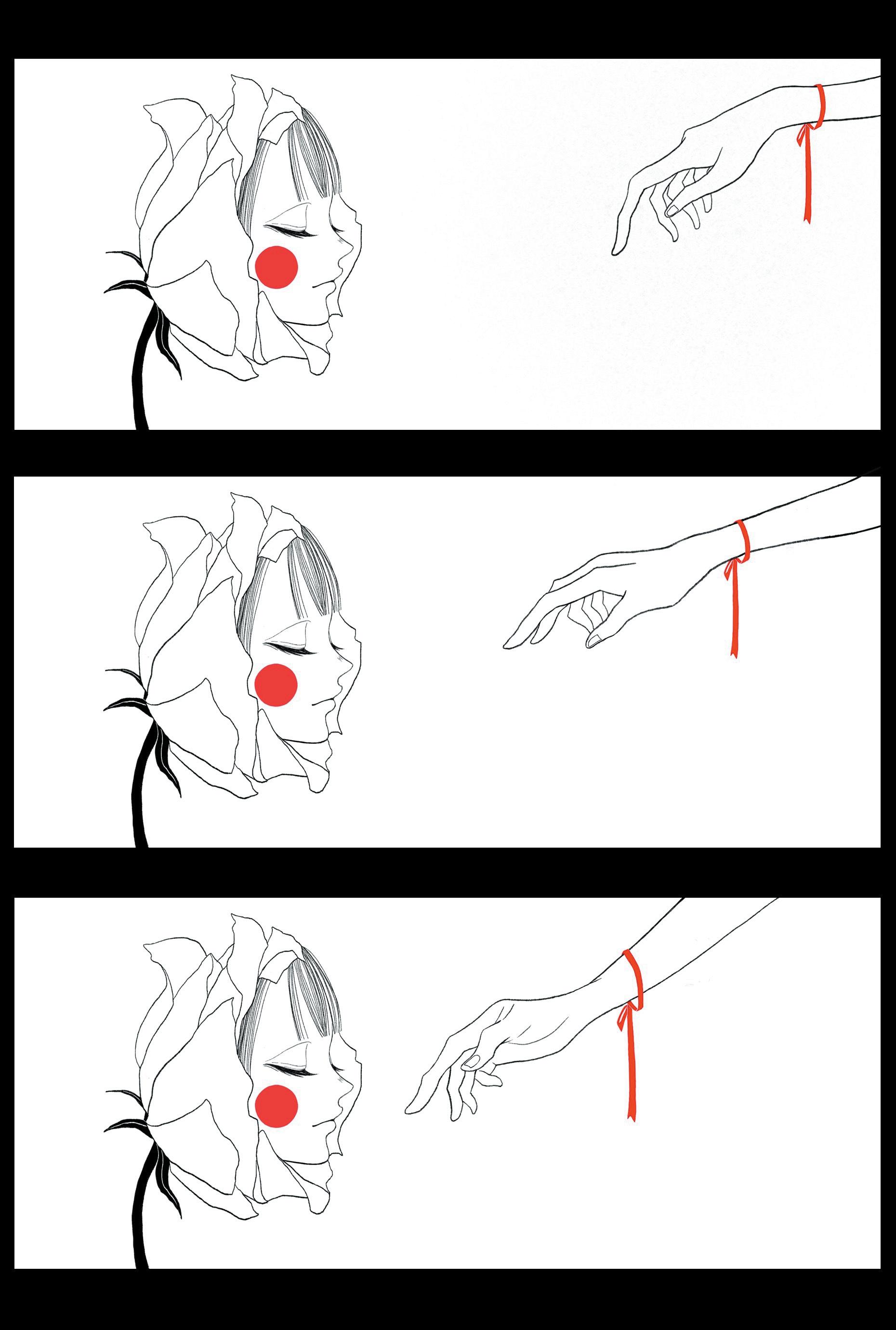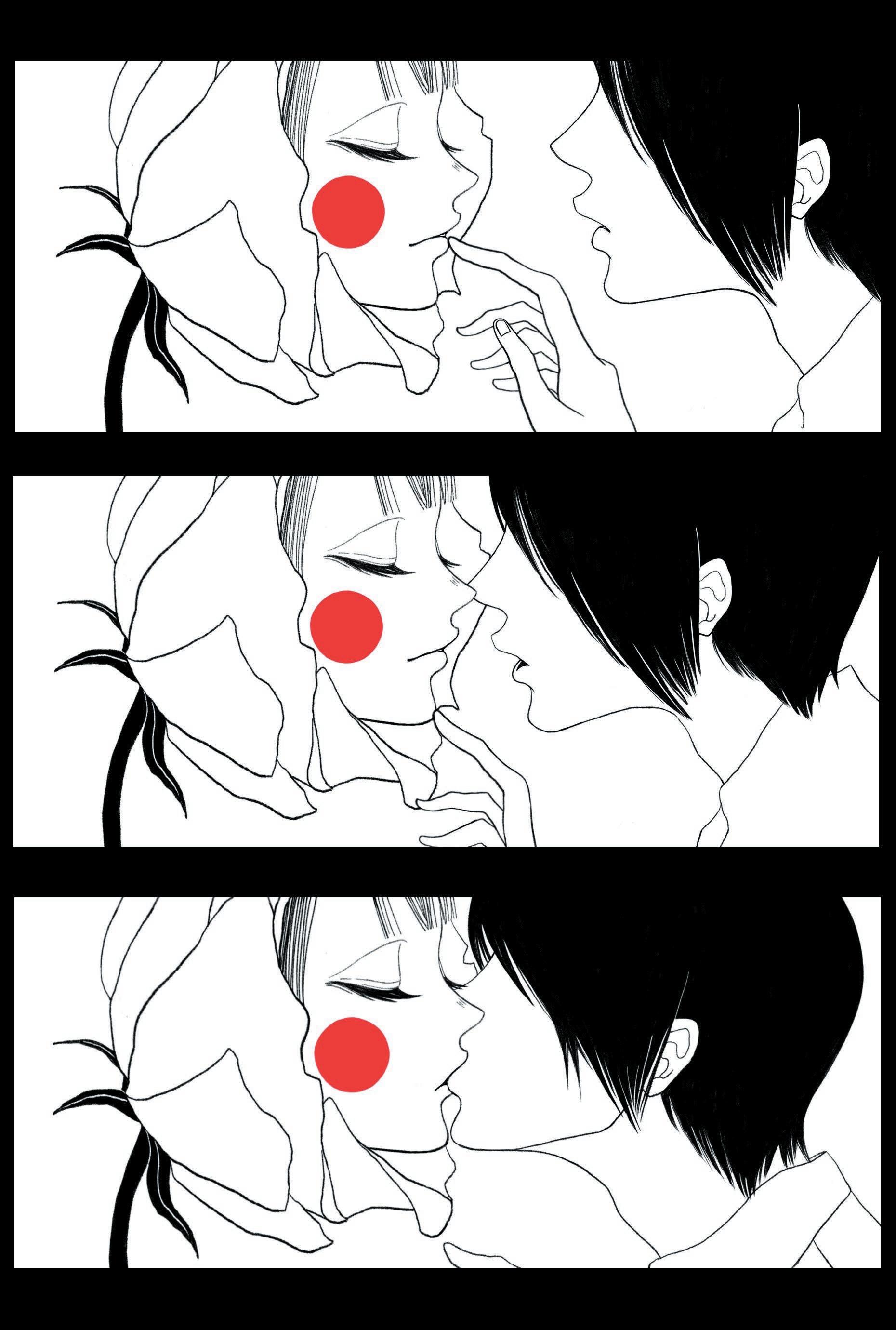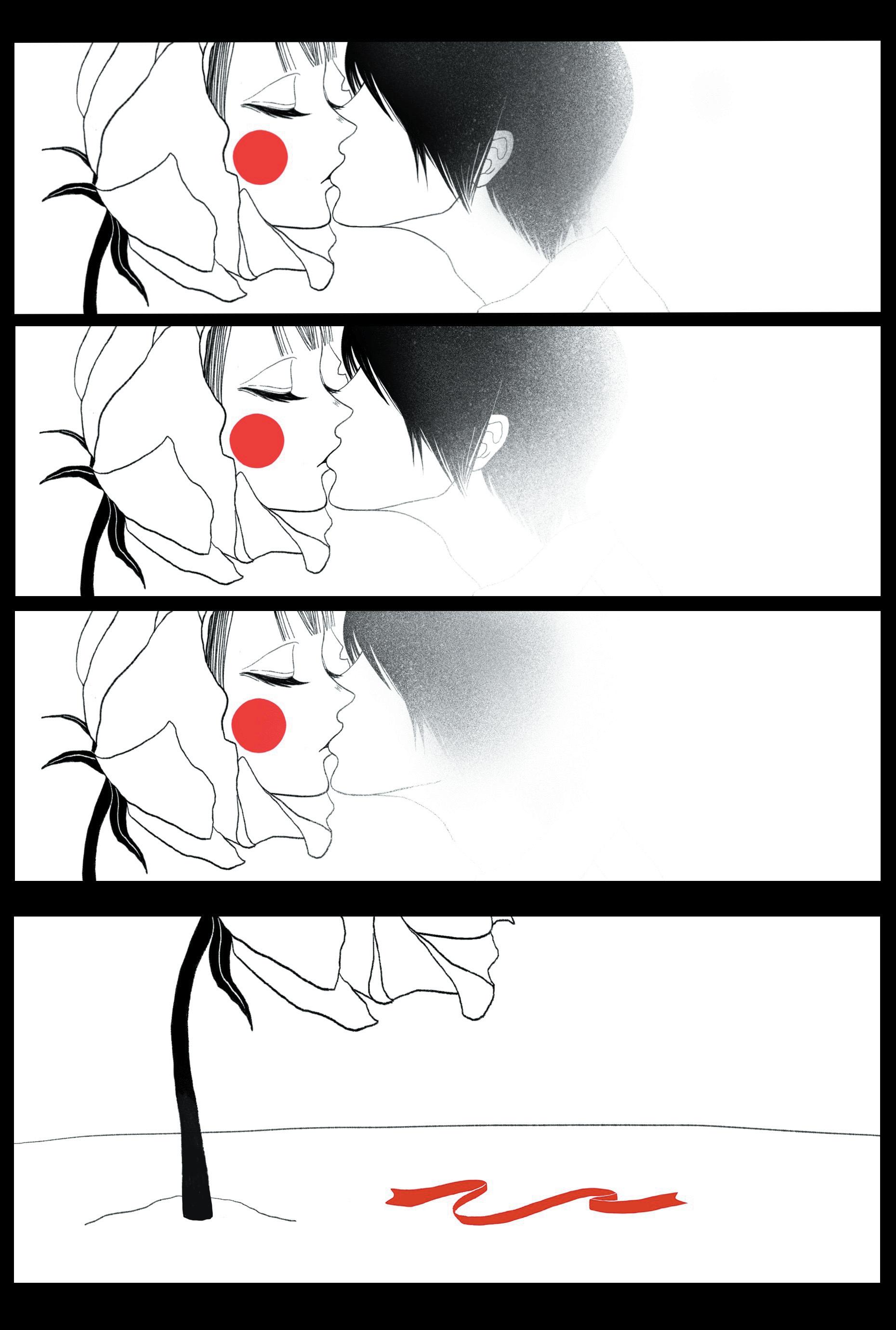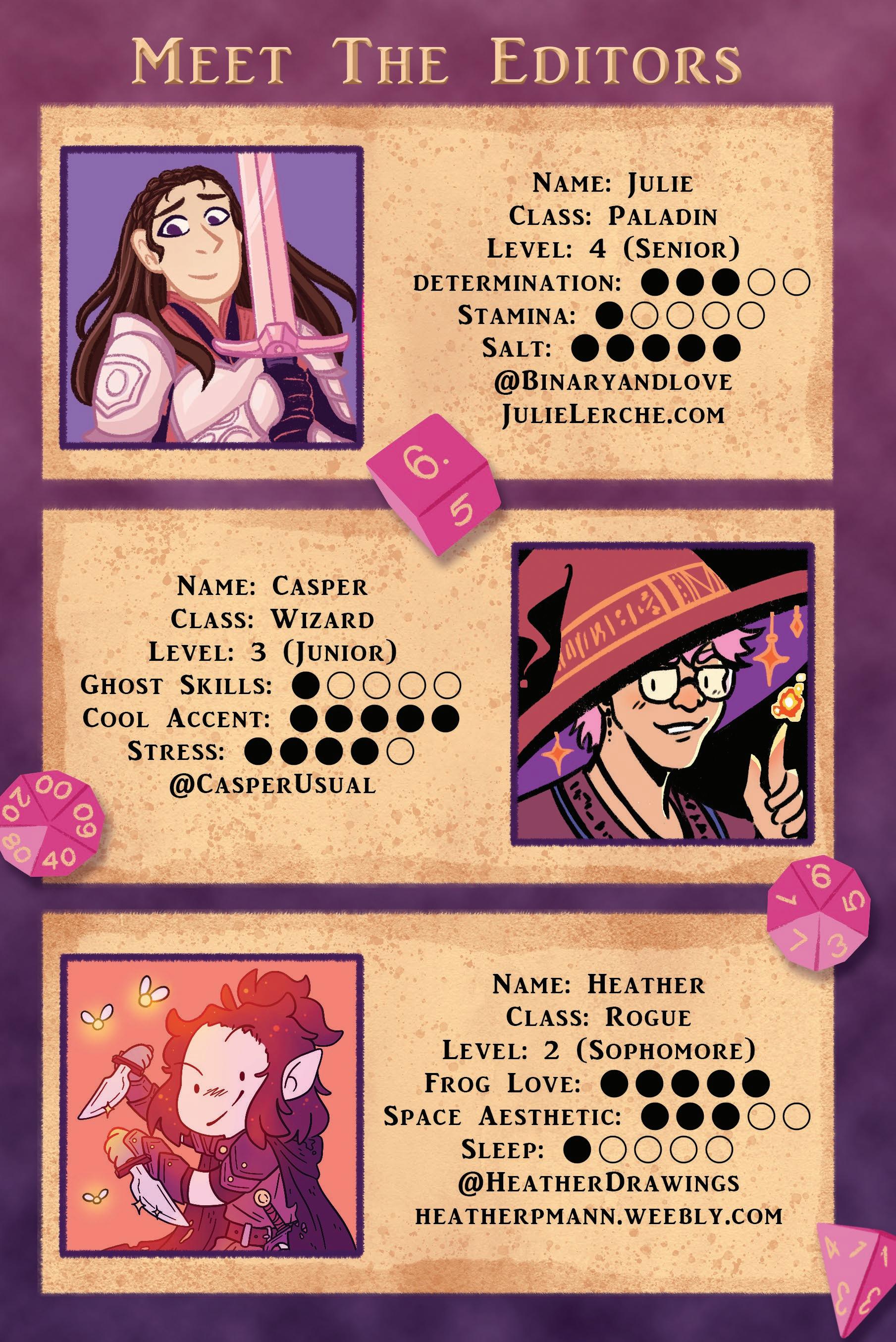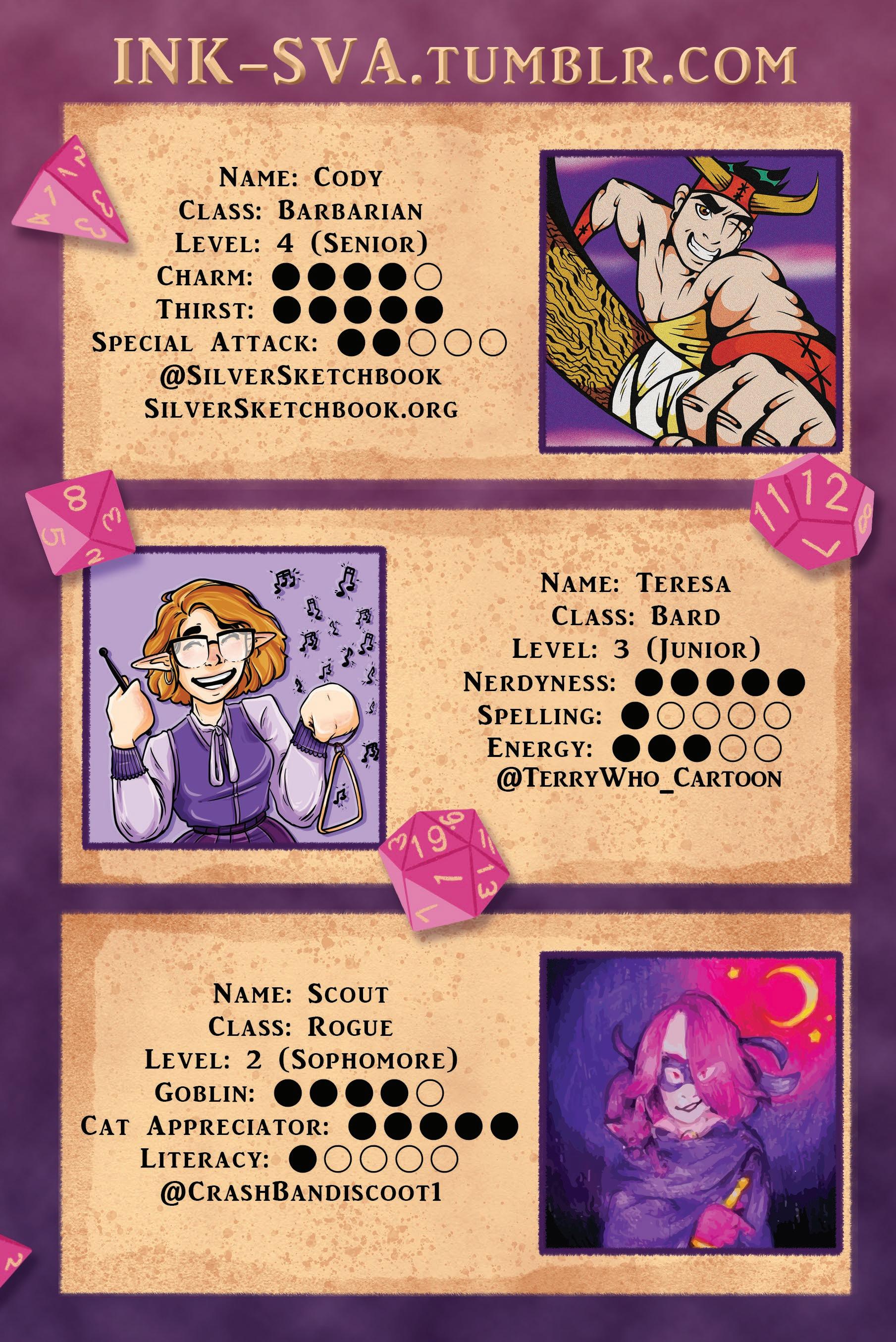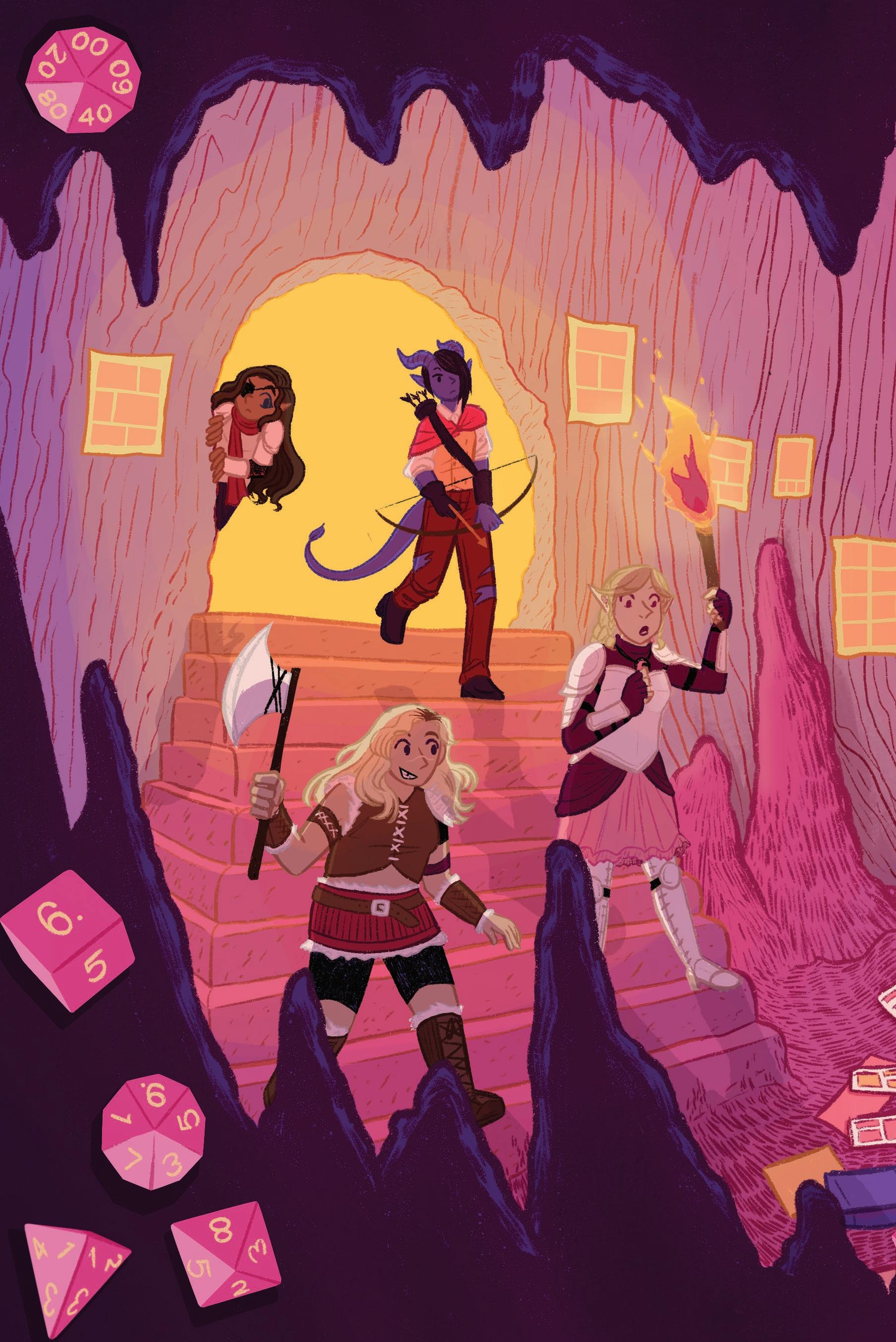An Interview with Veronica Agarwal SVA Class of 2016
@Anuanew
How was your SVA experience?
I had a wonderful experience at school! I always say this to people who ask me about SVA, but to get the most out of your time there you really have to get involved in activities outside of your classes. I got involved in clubs, such as Cartoon Allies and INK, learning some of my most valuable skills. Being freelance nowadays means you have to wear a lot of hats, and I learnt a lot of things with a safety net; how to table at conventions, how to be a salesperson, how to do inventory for conventions, how to e-mail professionally, how to time manage and keep my business, freelance work, organized.
Being involved also really brought me out of my shell and I started taking on more responsibilities, which I didn’t do as much of during high school. That confidence also helped a lot when it came to marketing myself as an artist.
How was the transition to real life after graduating?
Graduating is weird—there’s a very sharp transition to “reality,” of which I had been warned by friends
who graduated before me.
There’s an emotional decline due to a sudden lack of structure; lack of regimented work, and lack of exercise primarily. If you don’t have the luxury of having a room dedicated to work, you may end up working and sleeping all in the same room, which can get to be a lot for your brain. There’s also an emotional decline due to lack of friends! During school, you have a built-in social circle, scheduled times you see your friends weekly. After graduation though, a lot of people scatter to different places, or their schedules shift radically due to work.
I’ve been able to combat this by making sure I have structured work hours as well as a specific work location; for me, I have a room in my house where I can go to work. If you don’t have a separate room, working at a desk or keeping your break space separate from your work space can be helpful. Structured work hours help me as well.
I also exercise! I may not enjoy
the strenuous aspect of it, I do it anyway because it makes me feel accomplished no matter what else I do that day. For example—if I don’t get “enough” work done, I won’t give in to feeling bad about it, because I worked out that day, and that is enough of an accomplishment to me.
As for the social aspect, I make sure to do weekly video calls with my friends. When working fulltime, it’s easy to forget how good it is to talk and laugh with friends. If you’re not going out to see people regularly, like if you work from home, making sure to have calls with friends regularly can keep you emotionally healthy.
How do you handle networking/ maintaining a social media presence?
For me, networking is basically just like friend collecting. There are so many artists whose work I admire, so I just approach networking
as “wow, I think your work is amazing, I would genuinely love to be your friend.” Thankfully, this really isn’t hard within comics.
For social media, I think it’s important to keep up with what is easiest for you. Twitter comes naturally to me, personally, for posting art and general buffoonery. I will say, even if you don’t want to update your social media every day, you absolutely need to have your email and portfolio site on every one of your social media accounts. Even if you aren’t updating them, you should have ways to contact you clearly visible, easy to access, and current. It’s not just for new people who discover you, but for friends or acquaintances who want to recommend you to others for work. That’s one huge thing that I see people not doing that’s the easiest to fix.
Would you say fanart is important to getting noticed?
I would say this is absolutely
integral-- at the very least, it was integral to my success. I think it’s really easy to think ‘oh, fan art isn’t professional, I shouldn’t waste my time on it,’ but if you’re passionate about it, and you have the free time, you should pour your heart into what you love. When I drew Awful Squad comics, from Polygon’s video series, I was really passionate about them and had a ton of fun doing them. Doing that fanart led me to meet people I admire, making a ton of friends who were into the same content, and got my work to be shared widely and got me a lot of followers and commissions. It helped me grow as an artist and got me back into making comics when I had kind of been in a dry spell.
Do you enjoy doing autobio comics?
I really do. There’s so much to be gained from autobio comics. I really like highlighting special moments in the otherwise mundane. (I always joke that hourly comic day is my favorite holiday. You can really see what people care about by seeing what ‘mundane’ things they make comics about. It makes so many ‘lackluster’ things feel really special and I just love that.)
also really nice for cataloguing memories, good and bad. Once I’ve preserved the memory in a comic, I feel like I’m able to let it go, which is really cathartic.
What is your experience with working with an agent?
They’re
So, I met my agent, Susan Graham of Einstein Literary, at an SVA senior portfolio event actually. Having someone in my corner throughout my career has been invaluable. Susan will go over my contracts with me and explain things line by line if need be. The last big contract I signed with my writing partner was about 20 pages long between the both of us. We had a meeting with Susan where we read through the entire thing and they explained it to us so we fully understood what we were signing. Contracts can be intimidating, especially when facing them on your own. Having an agent allows me to learn on the job without risk, because they handle assessing the language while I learn to understand what I should be looking for in the first place. They also attend a lot of my important meetings with me, and are always willing to work with me to attend smaller meetings if I need their guidance. It’s really nice to have someone there as a second set of eyes and ears, as well as have someone who’s going to stand up for you if something seems unreasonable like pay or time restriction, for example. Saying ‘no’ as a team
is so much easier than saying ‘no’ as an individual, and Susan is my sounding board when I need help assessing if something is unreasonable or normal for the industry.
To what type of artist would you recommend having an agent?
Everyone, to be honest. I don’t know much about illustration, but if you want to get something published, having an agent gives you an incredible amount of backup.
What advice do you have for someone trying to find an agent?
This is hard for me to answer because my experience was atypical, Susan sought me out as opposed to me seeking them out. I know there are a lot of websites that have lists of agents and agencies. I would consider what audience you want to reach with your book and then go from there. You can also take a look at who represents your favorite artists or artists you’re thematically similar to, and do research into that.
I feel like a lot of older people tell us to ‘be persistent’ or to keep emailing companies even if they aren’t advertising openings. For agents you shouldn’t do this. If an agency isn’t accepting queries, wait until they are. If you haven’t heard
back right away, be patient! They have a lot of other queries to look through so you may have to wait a bit longer than normal to send a follow up. I’ve heard 4-6 weeks, or longer depending on how large the agency is.
My other word of advice is to make sure you get the agents name, pronouns and information correct. That’s really important and will set you off on the right foot!
How is it working with a writer vs writing your own stuff?
For me it’s so much easier to work off of a writer’s script. It’s such a relief. In school, I always wrote my own stuff. But when I got out of school, I found myself unable to write, and found it difficult to string a story together from beginning to end. My first job had me working on someone else’s script, and then when I started working on my current project (Just Roll With it, to be released from Penguin Random House in 2021), I teamed up with my boyfriend and had him write it. It was such a relief because I felt like he was doing all the heavy lifting.
Thanks for talking to us Veronica!
You can find her on Lanuanew and Iwisbagram www.wisbafolio.com
